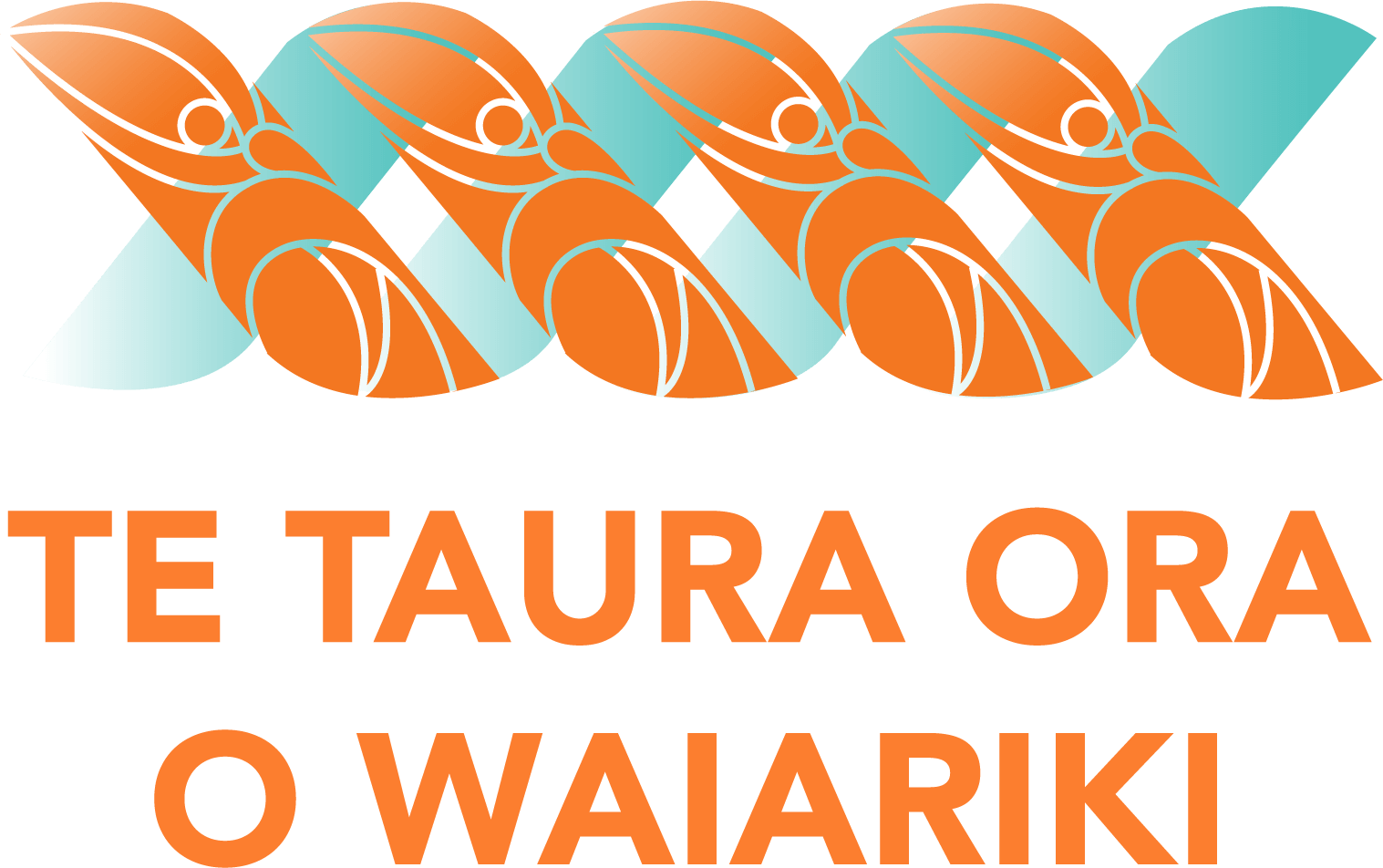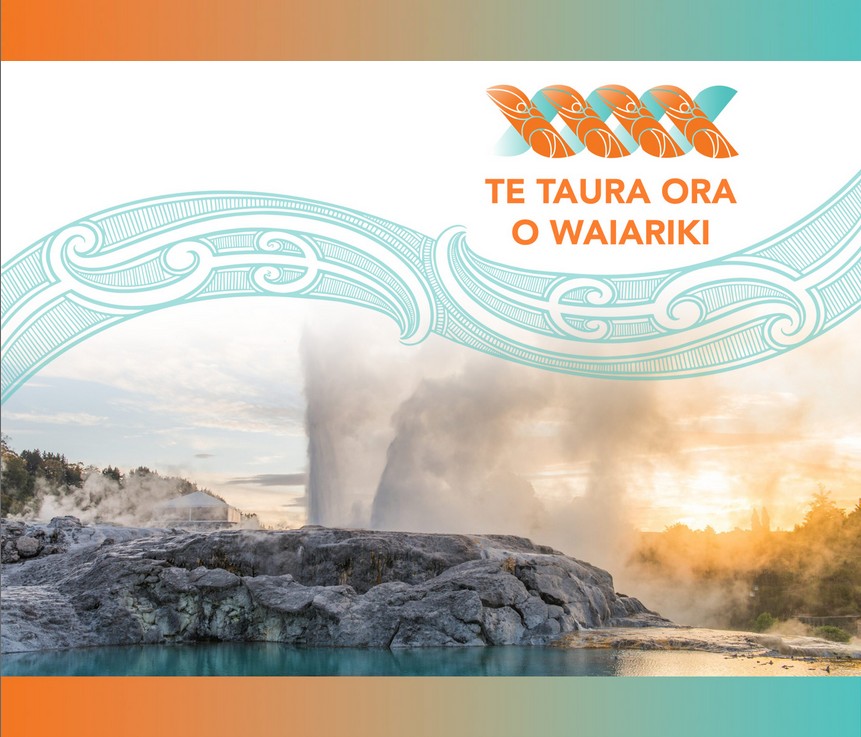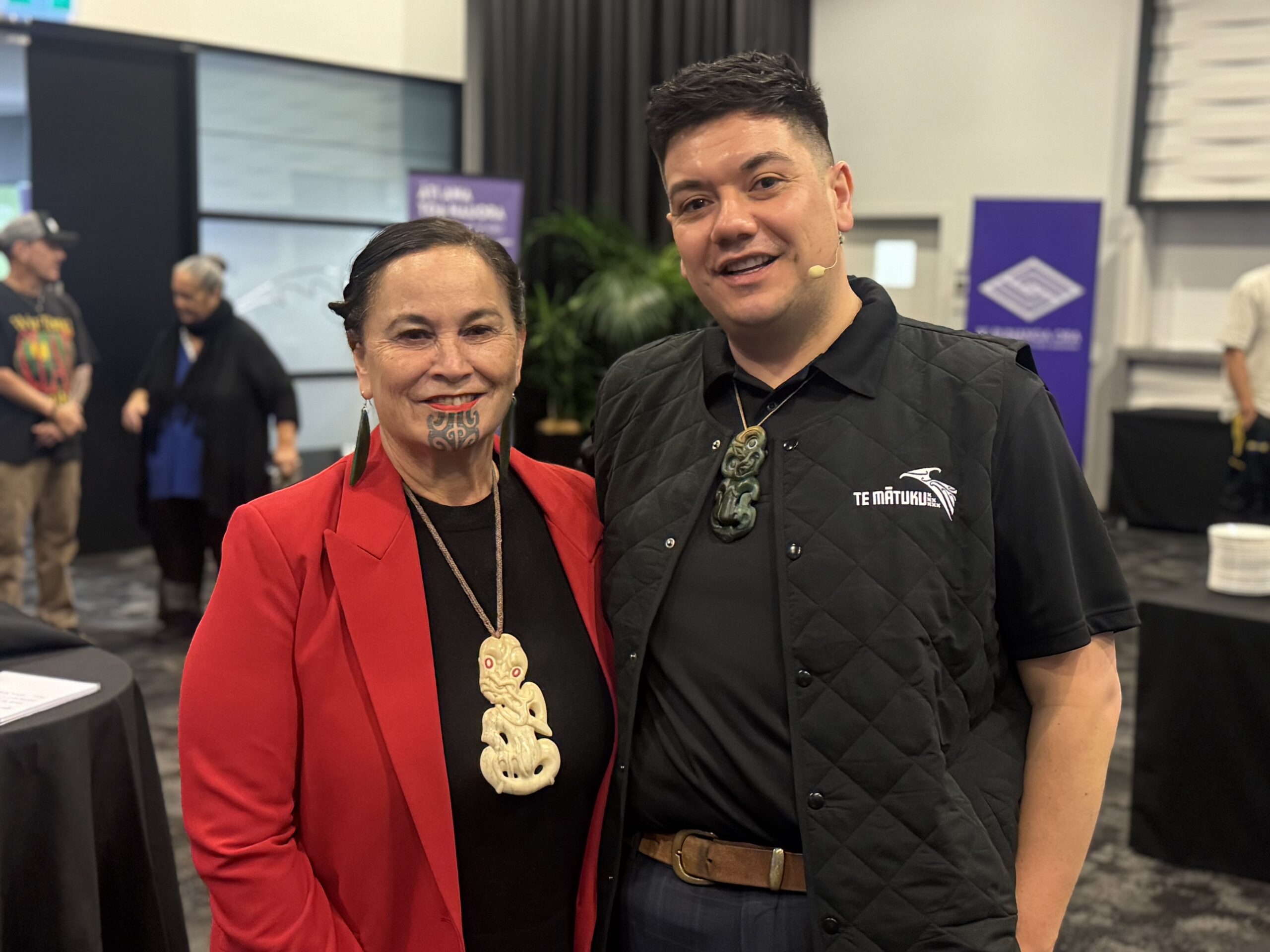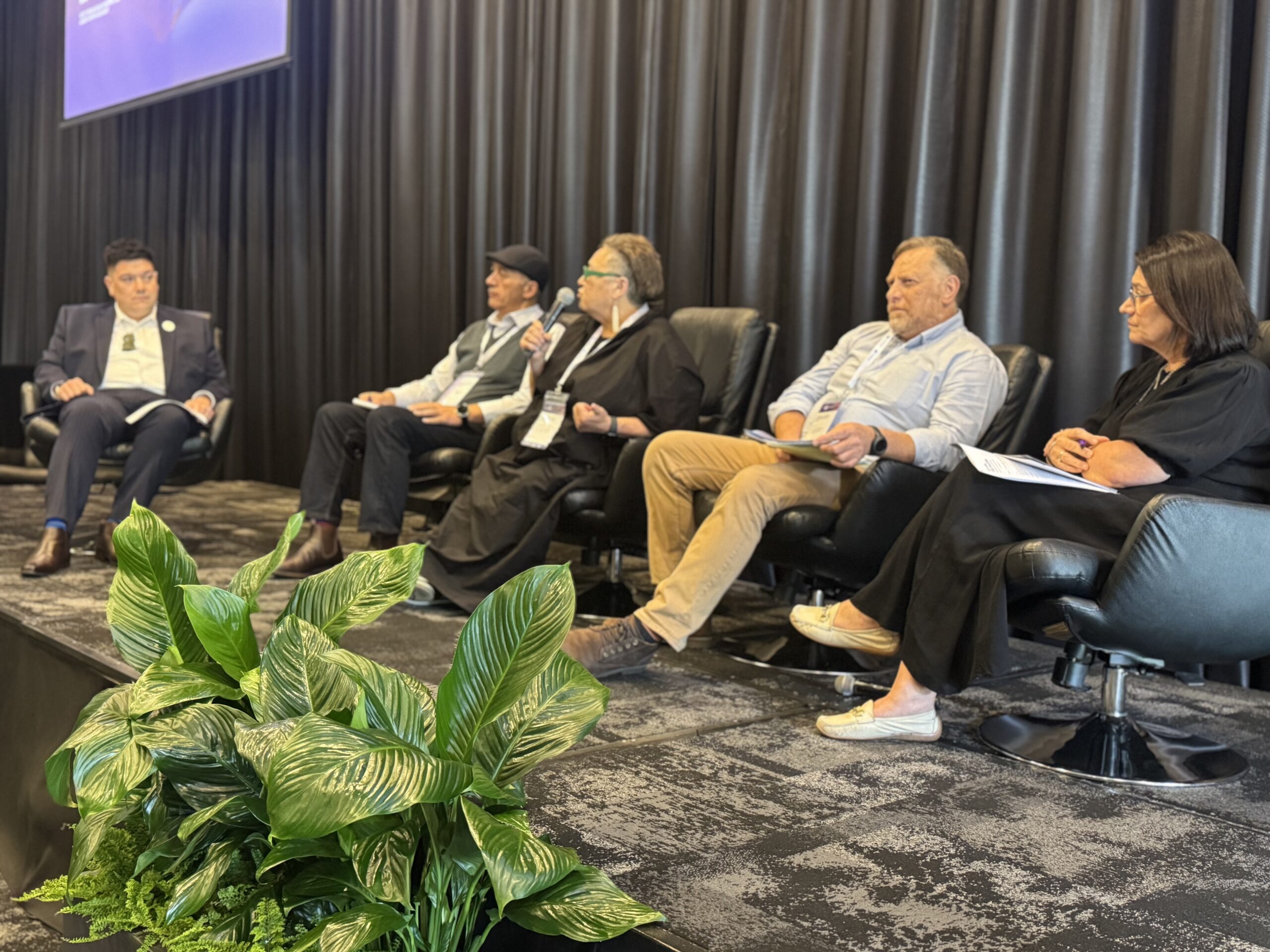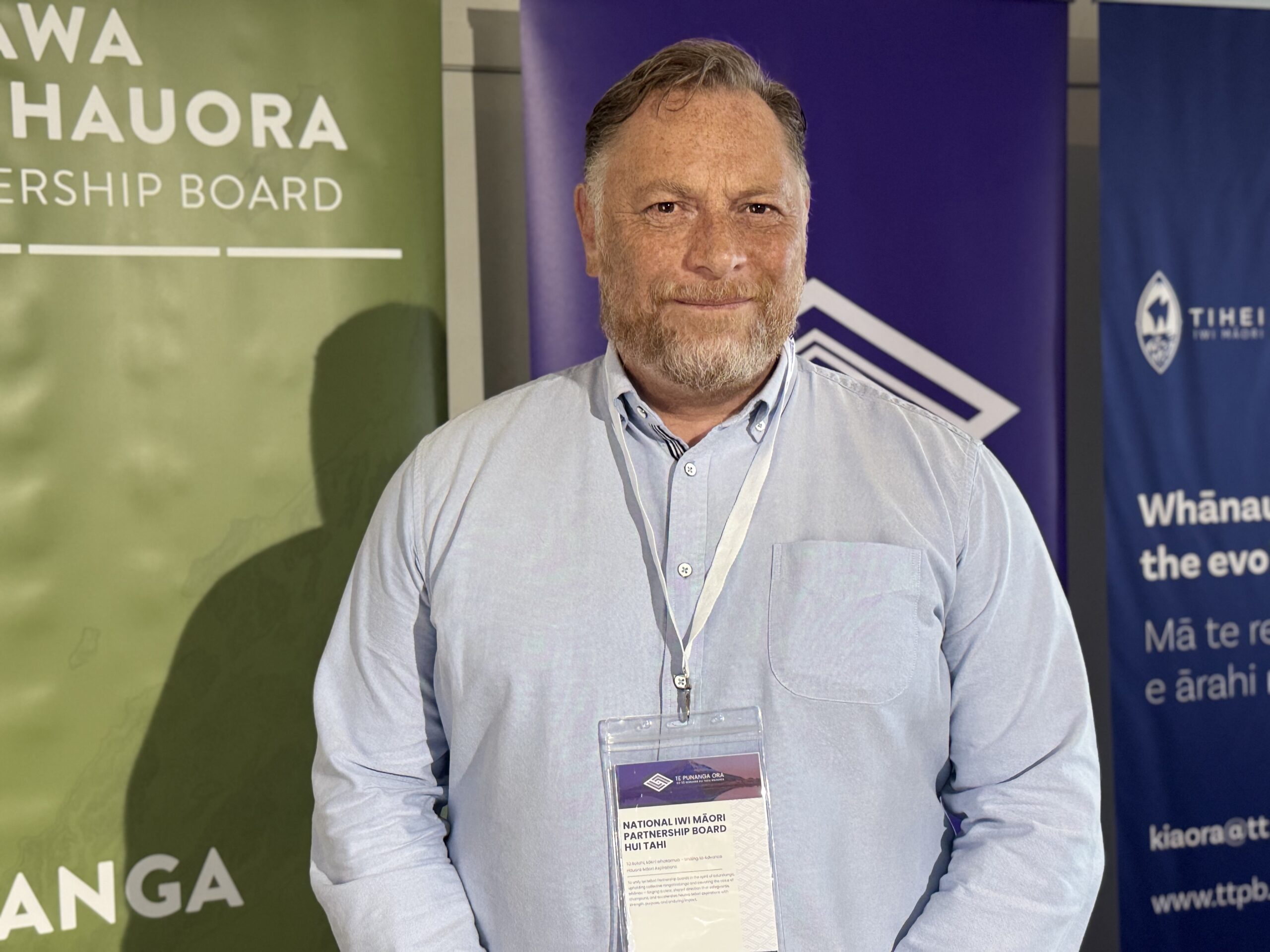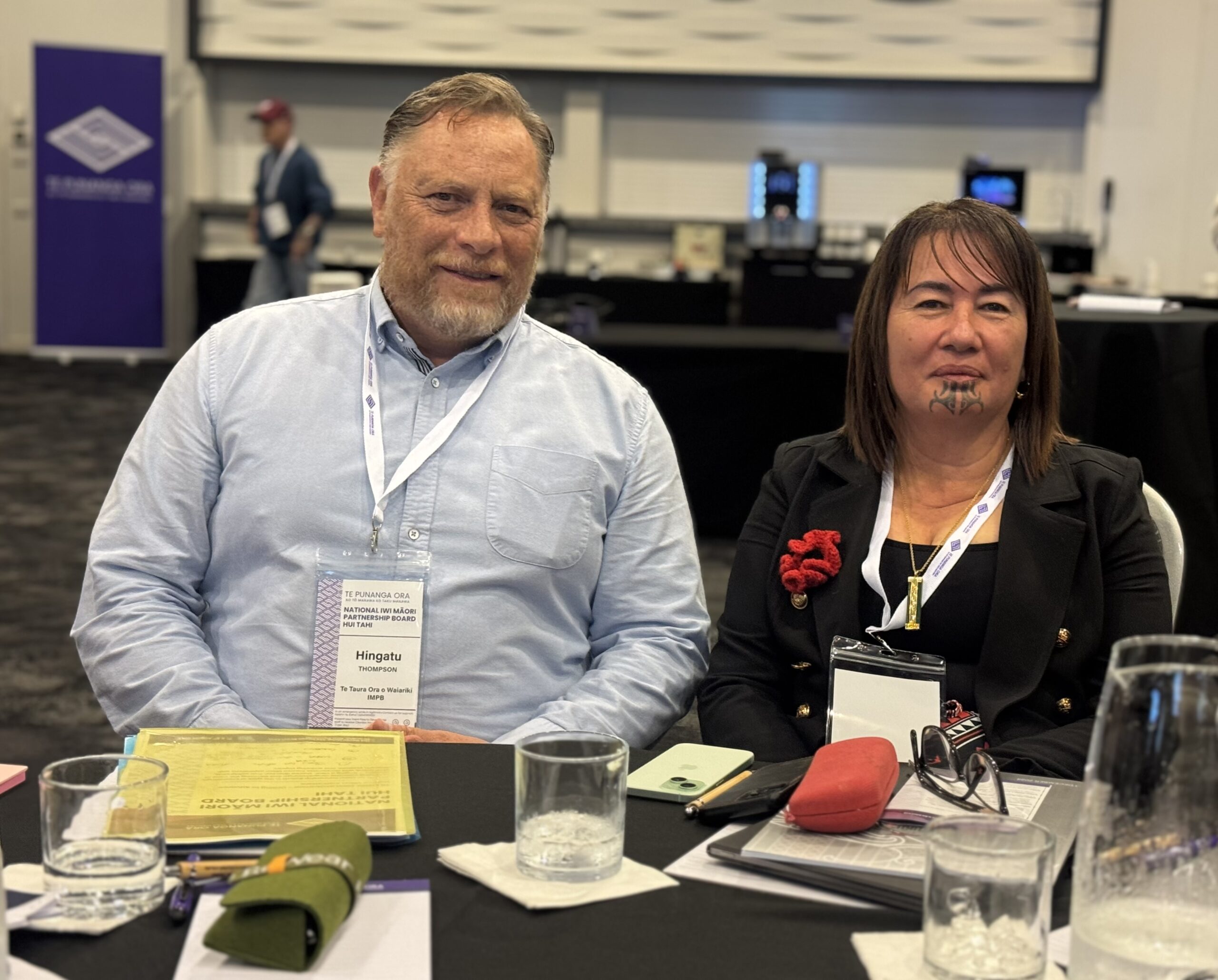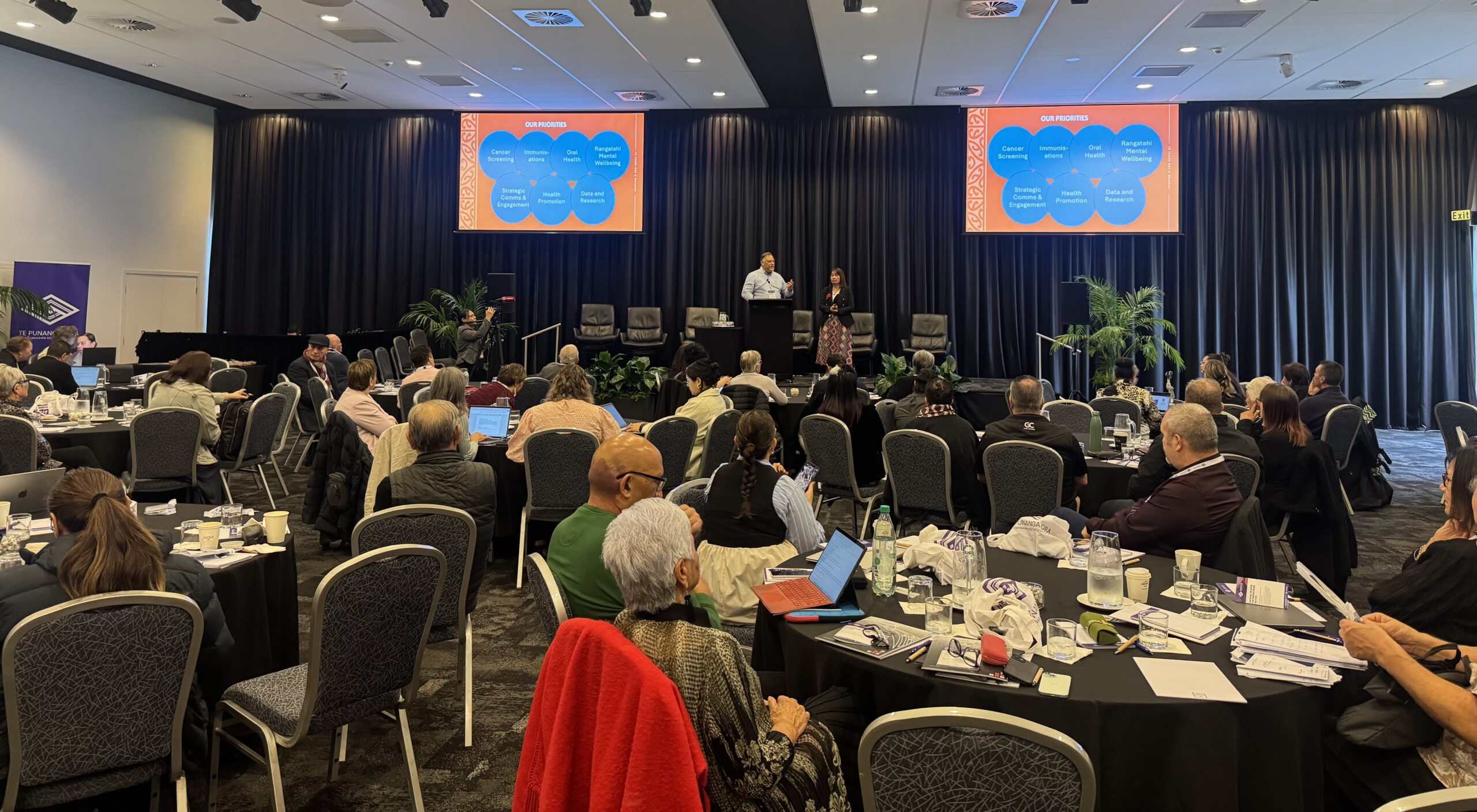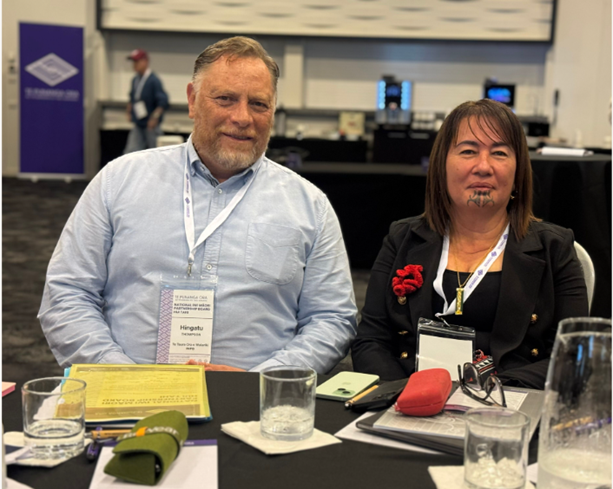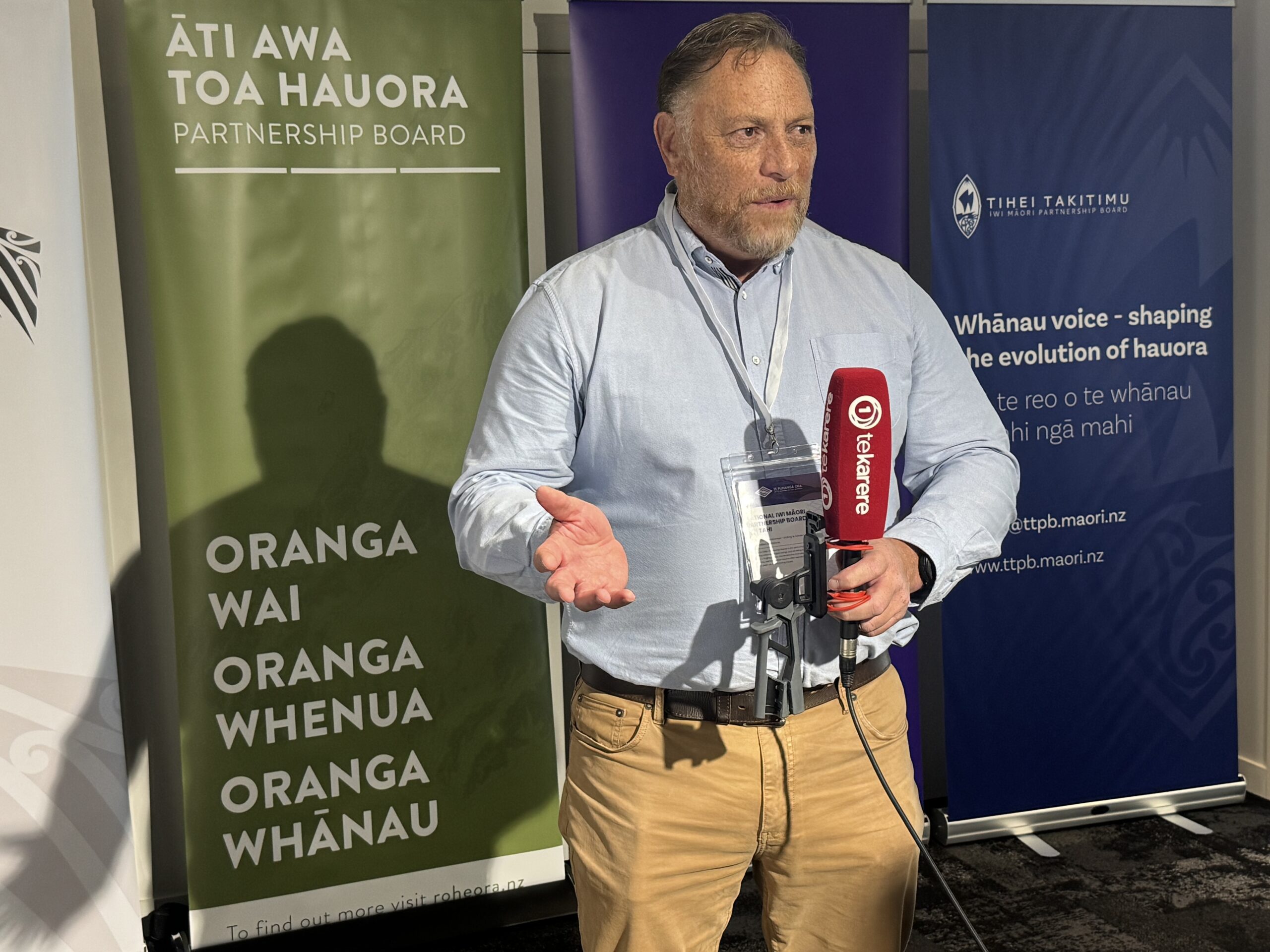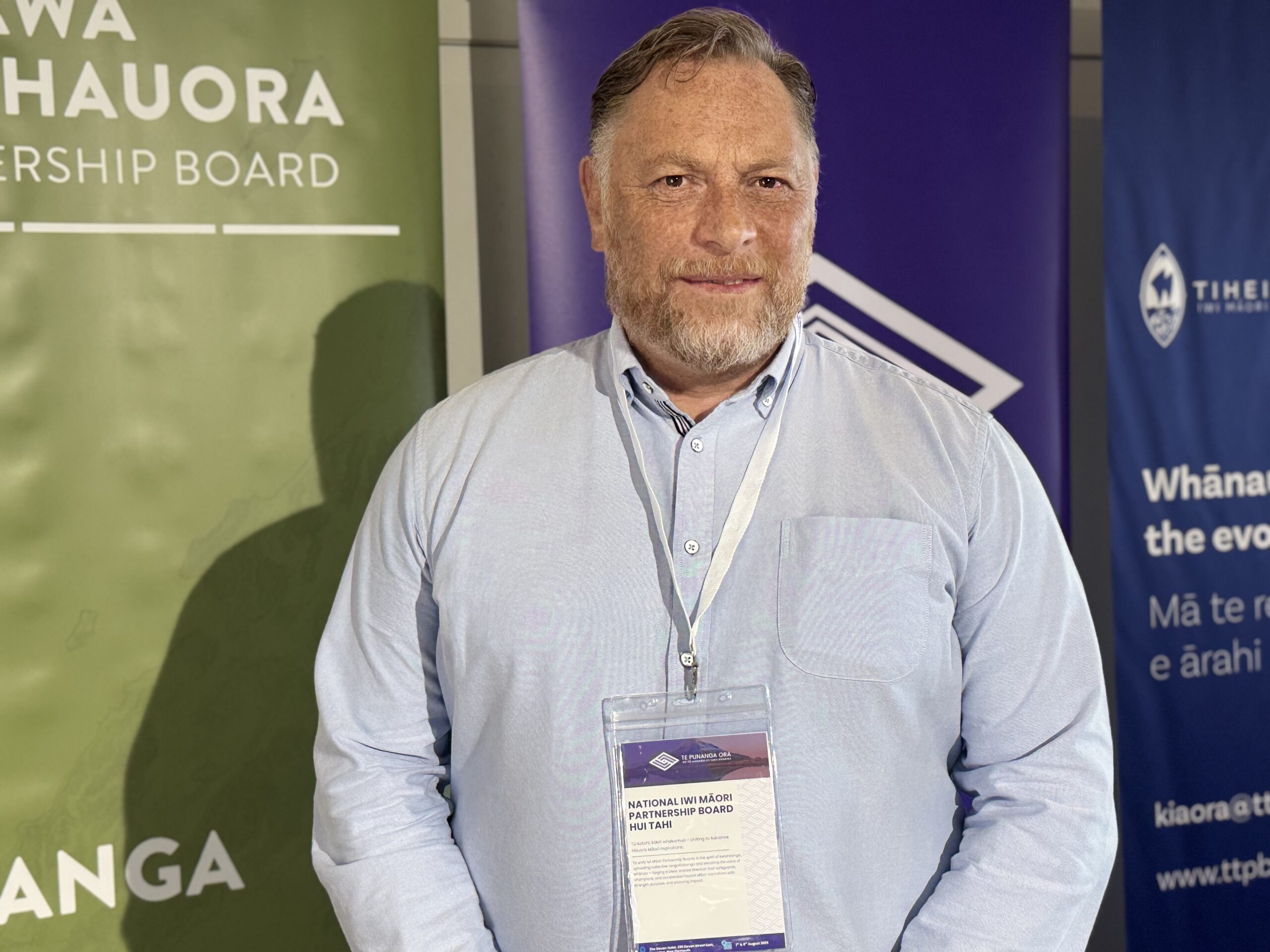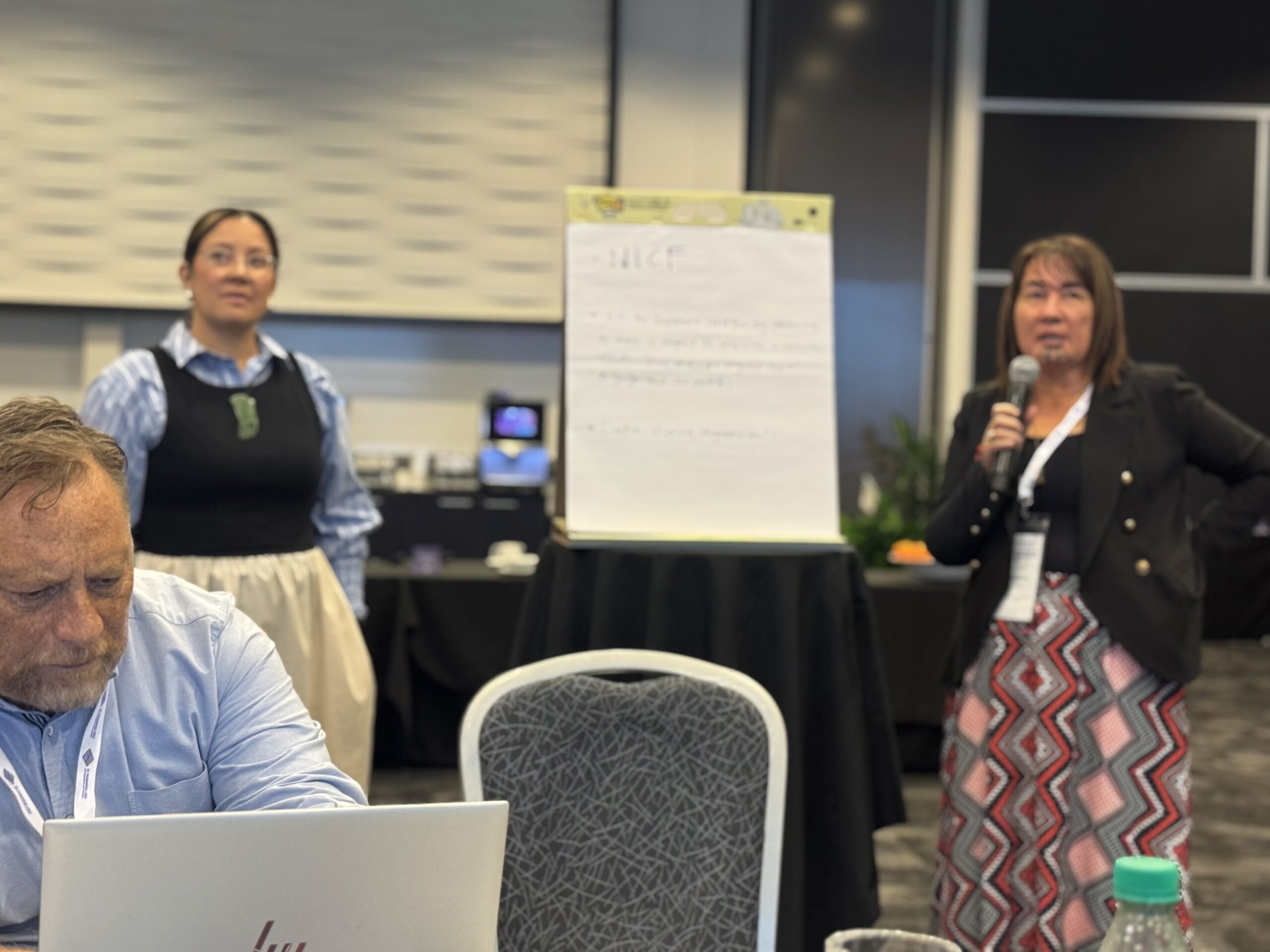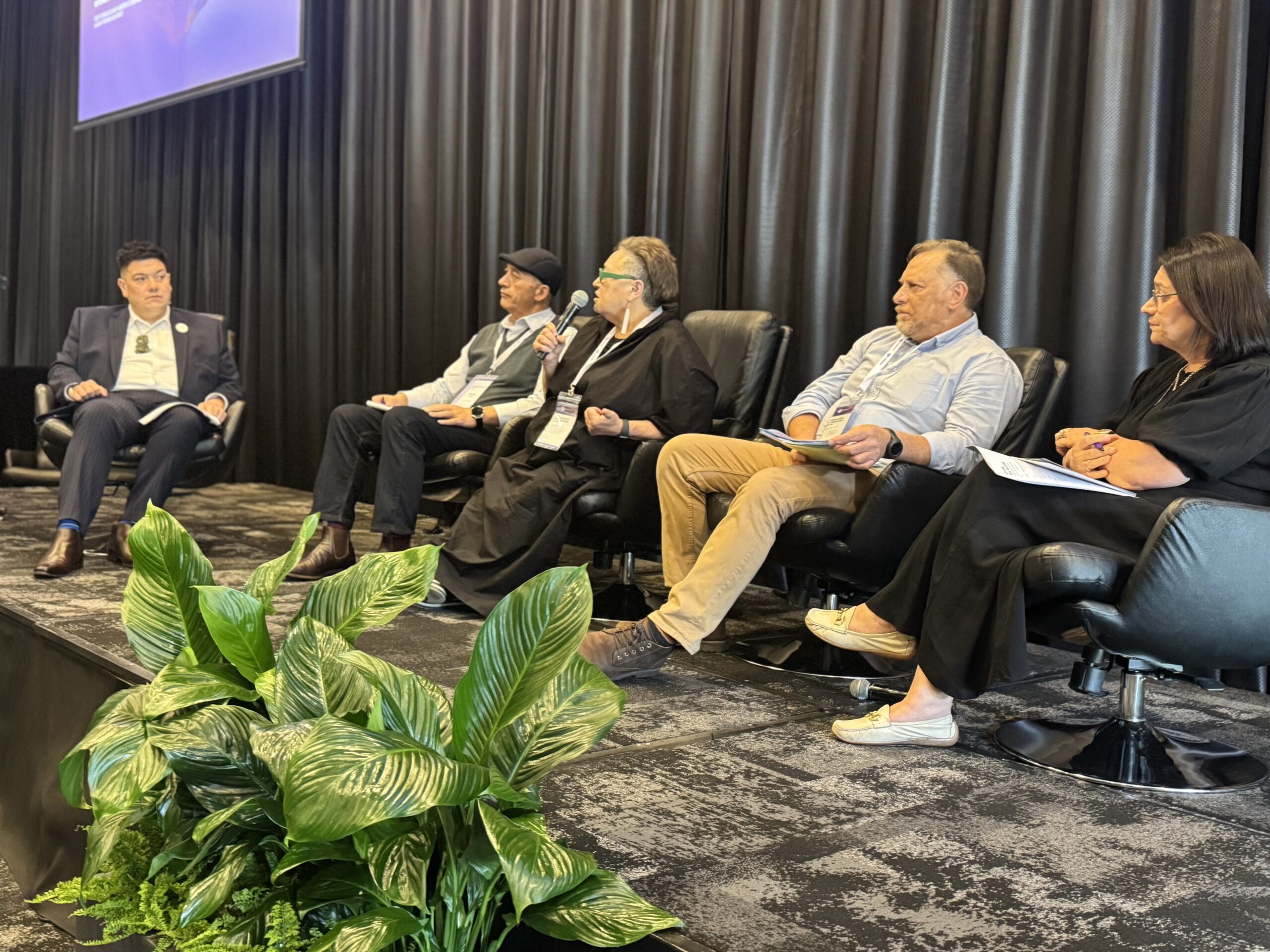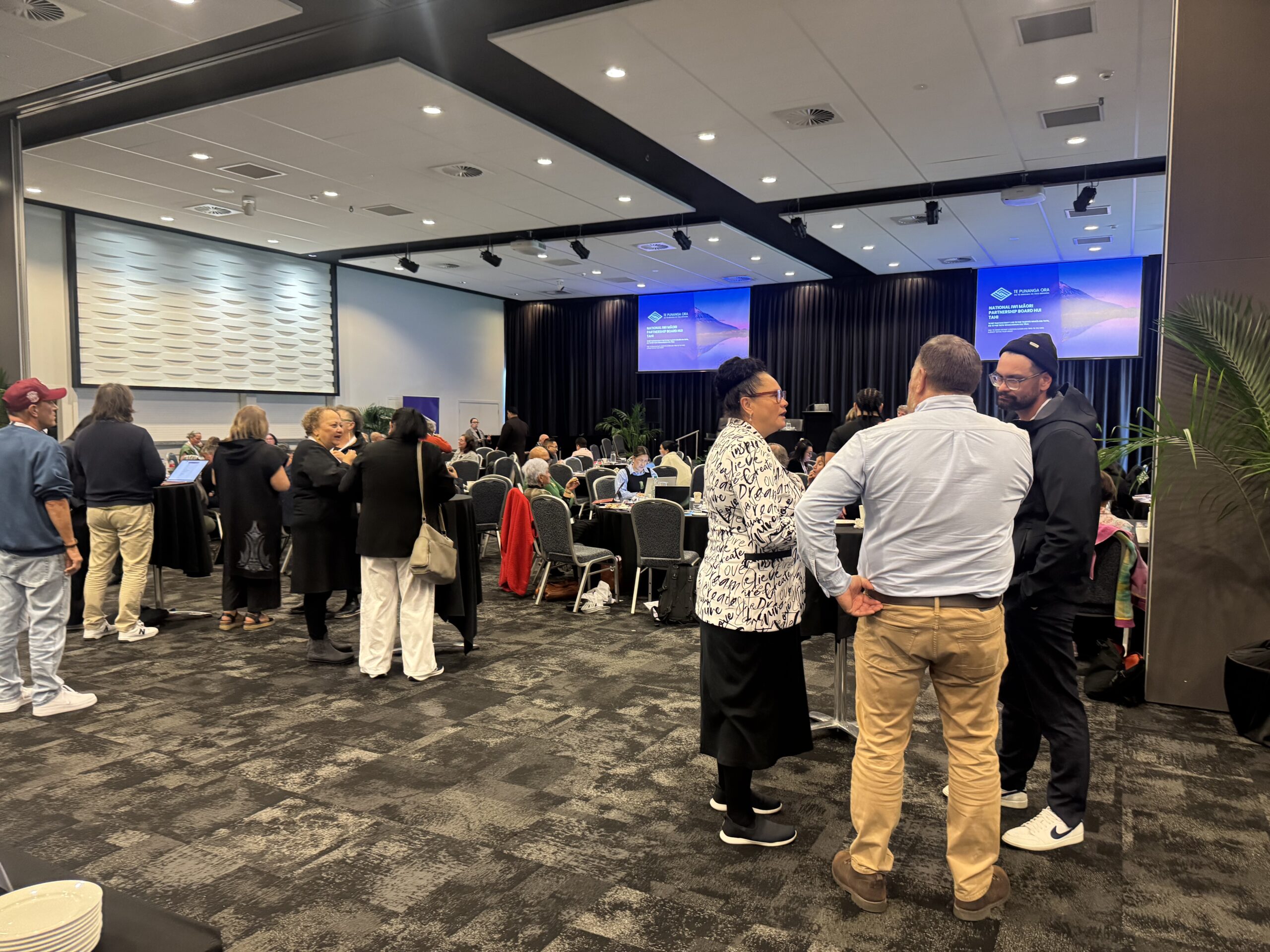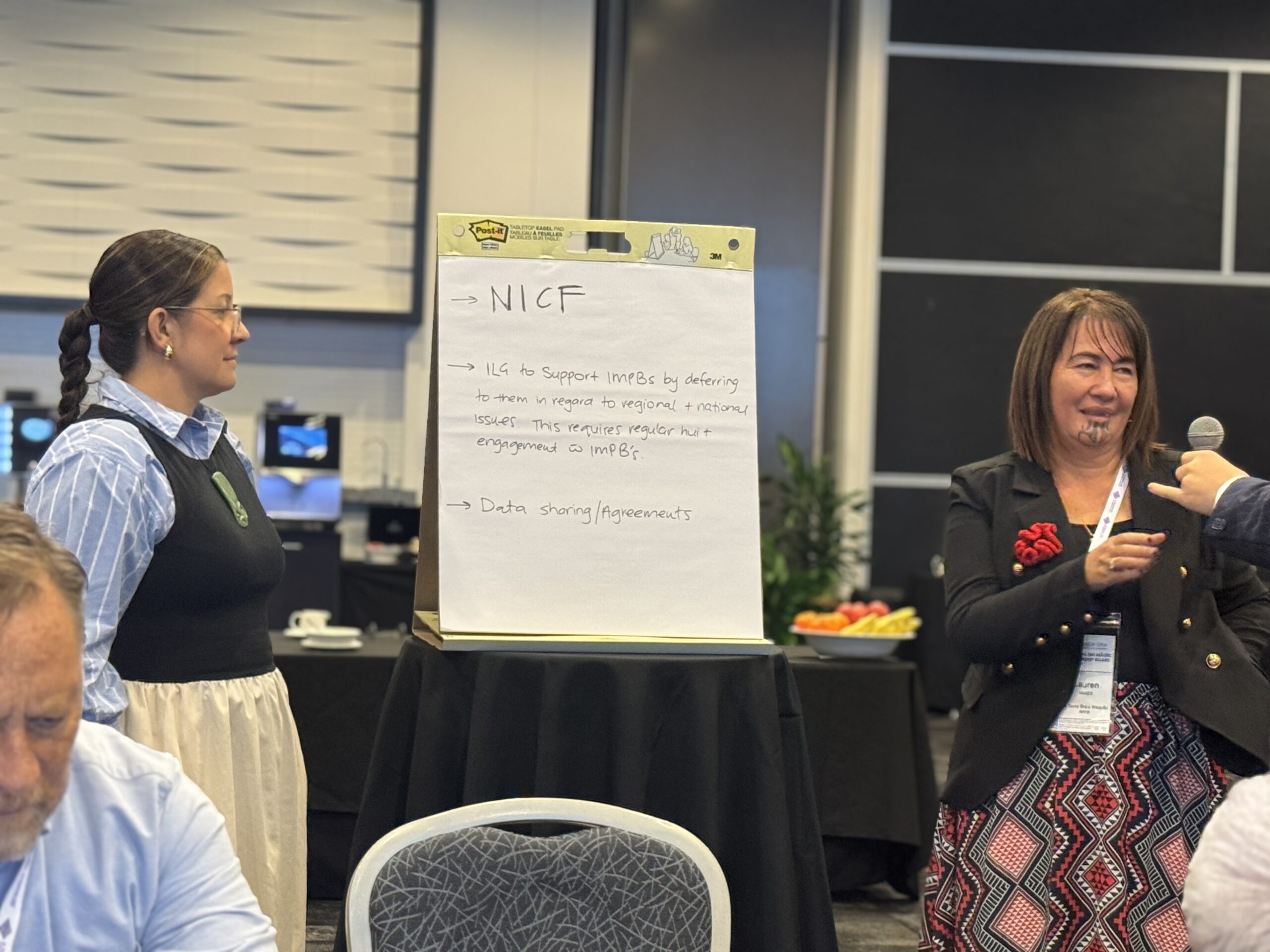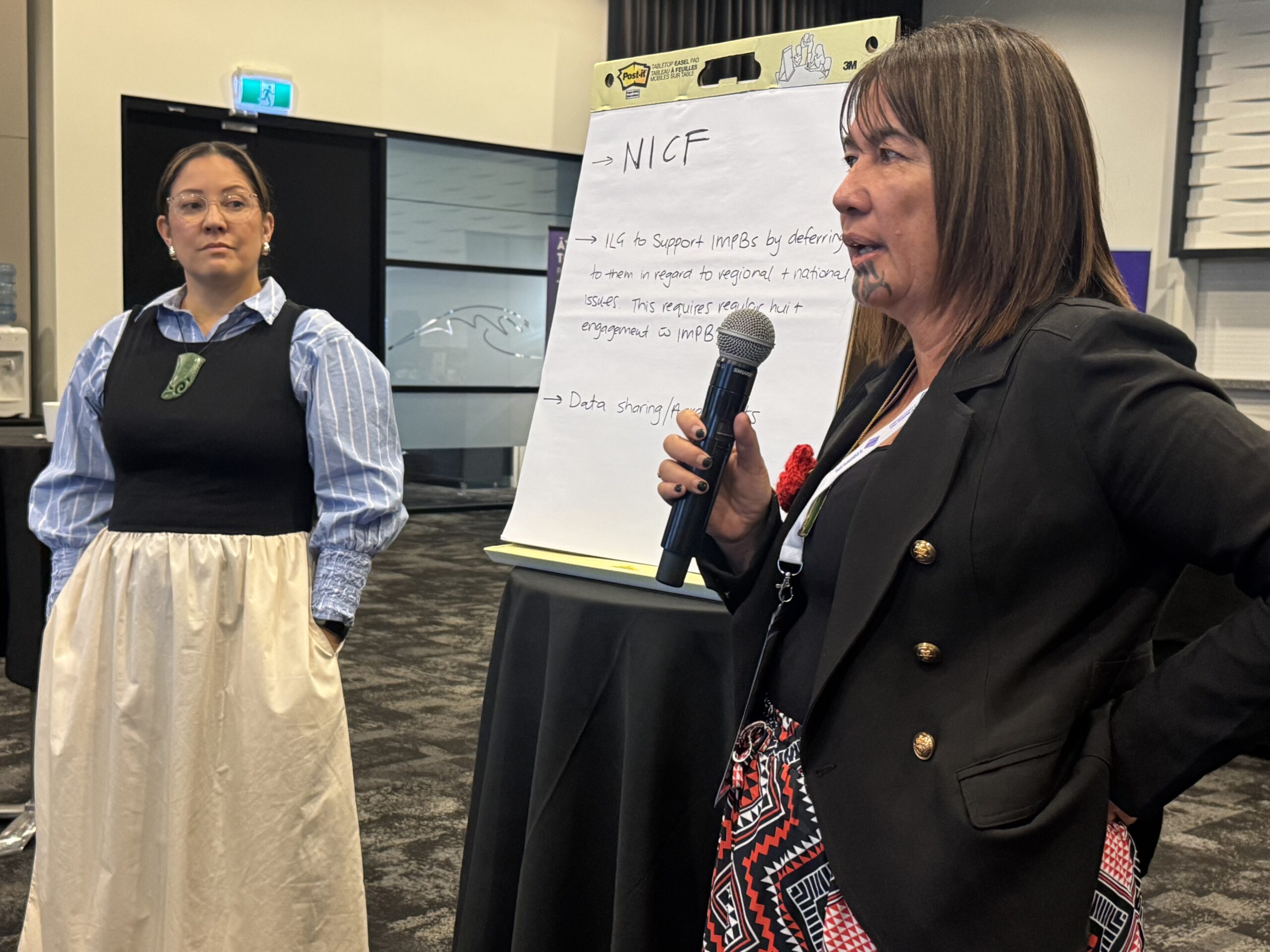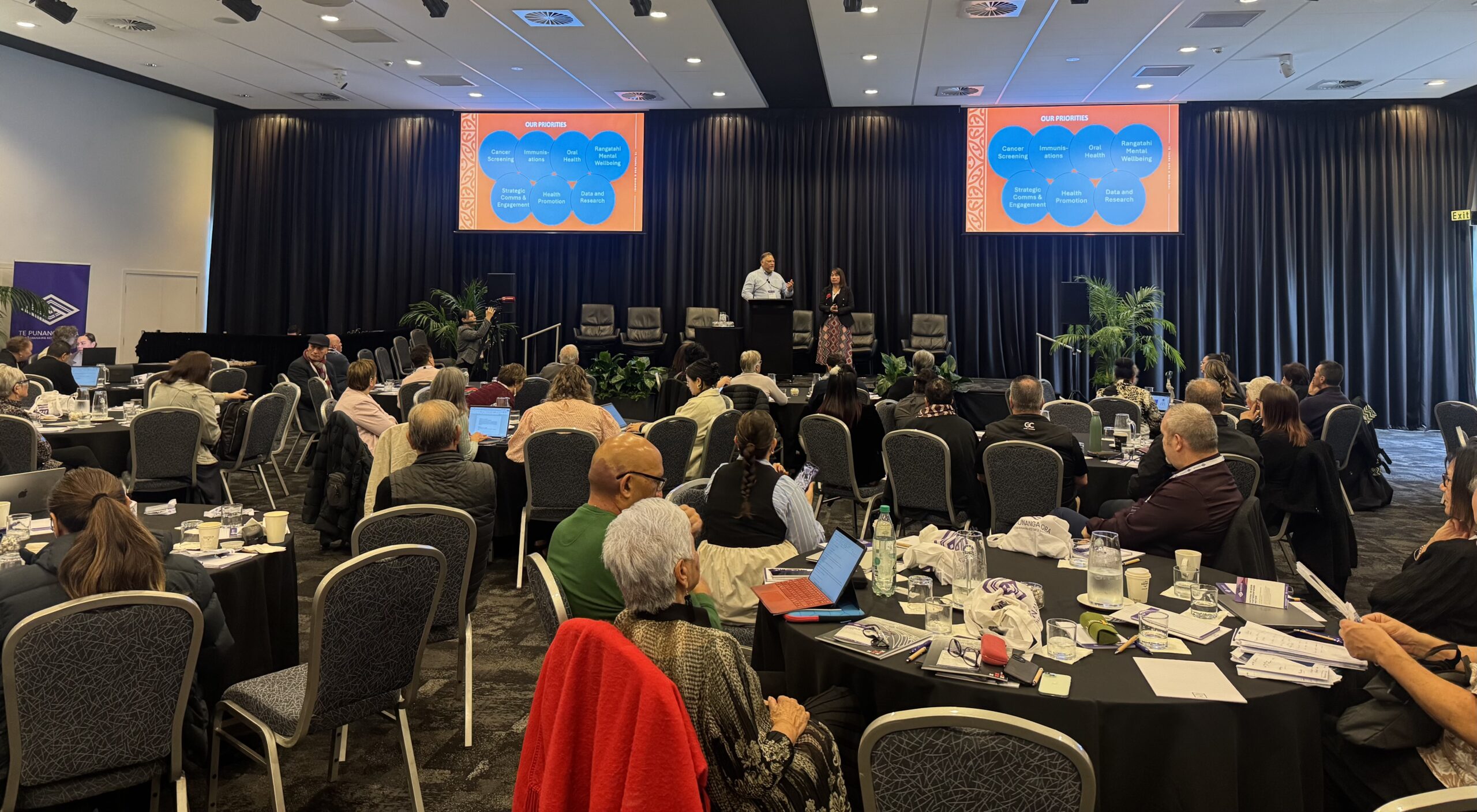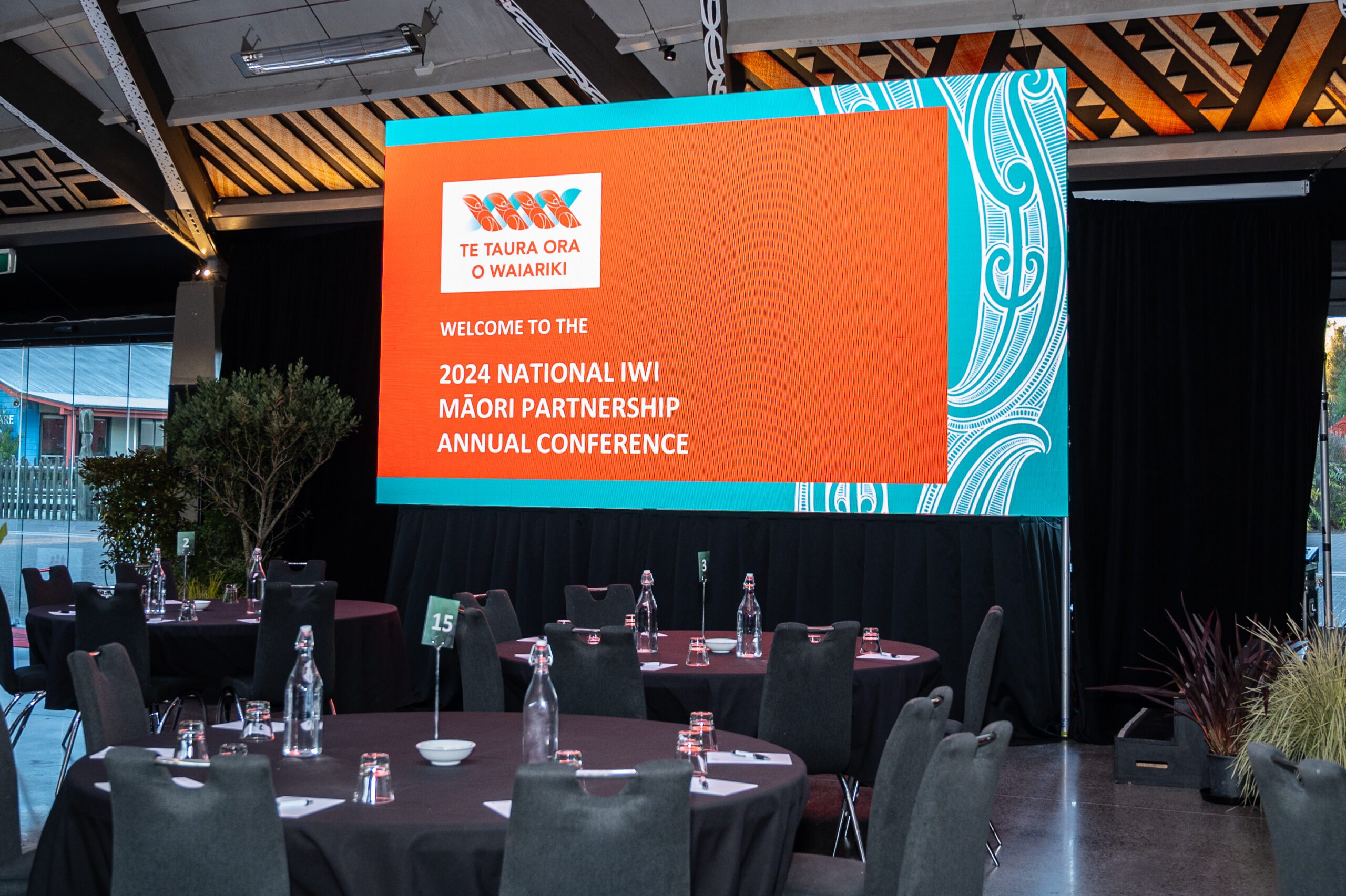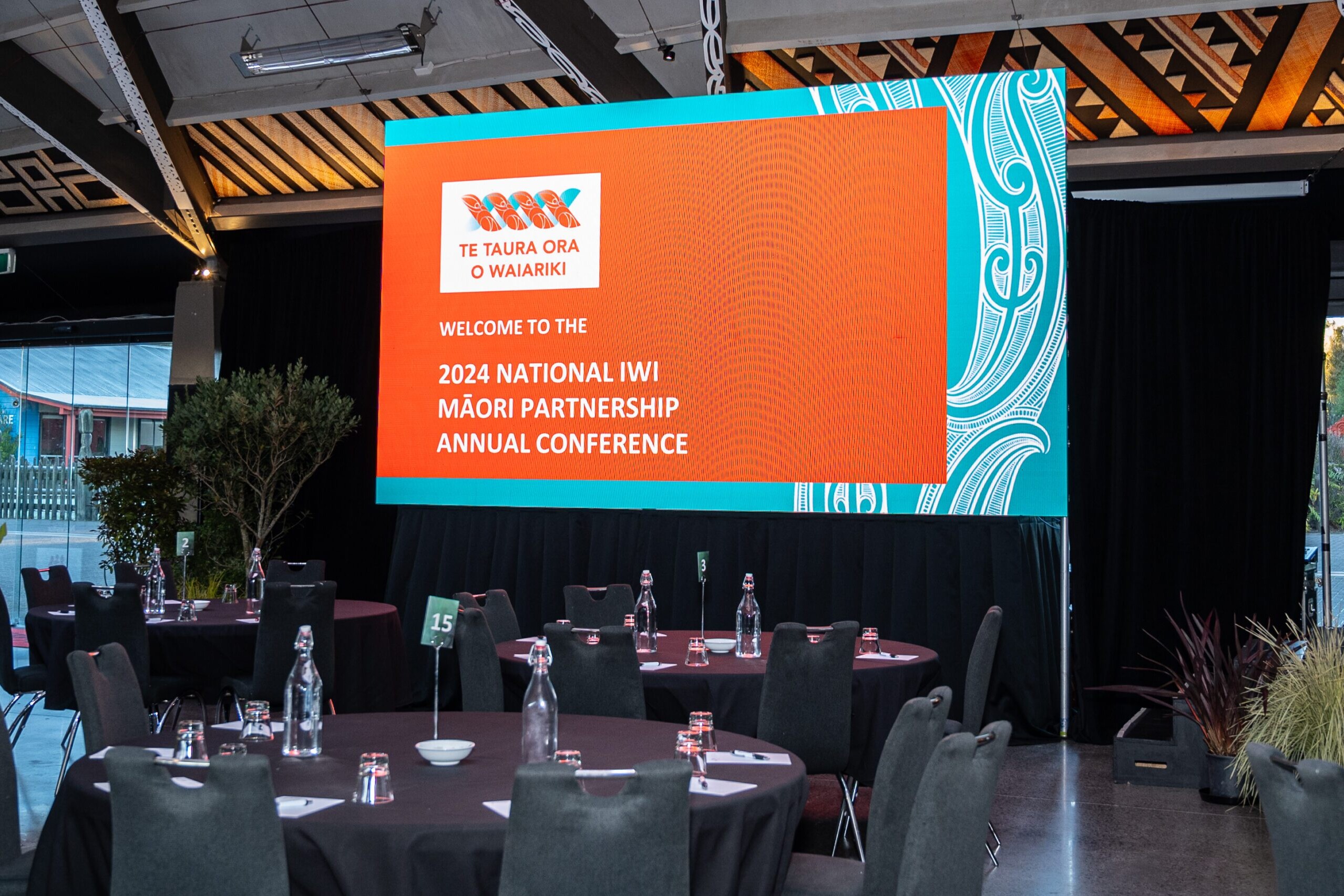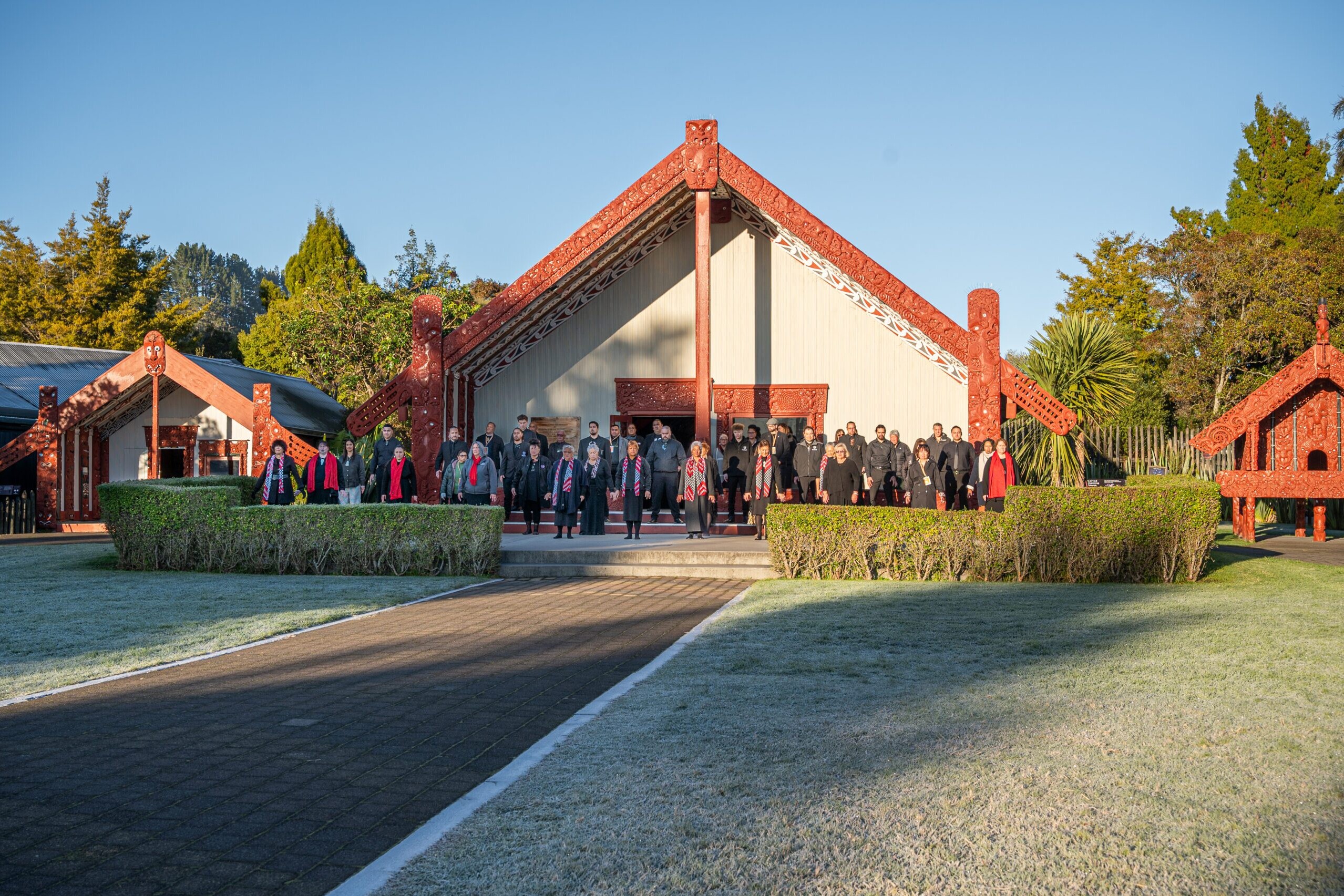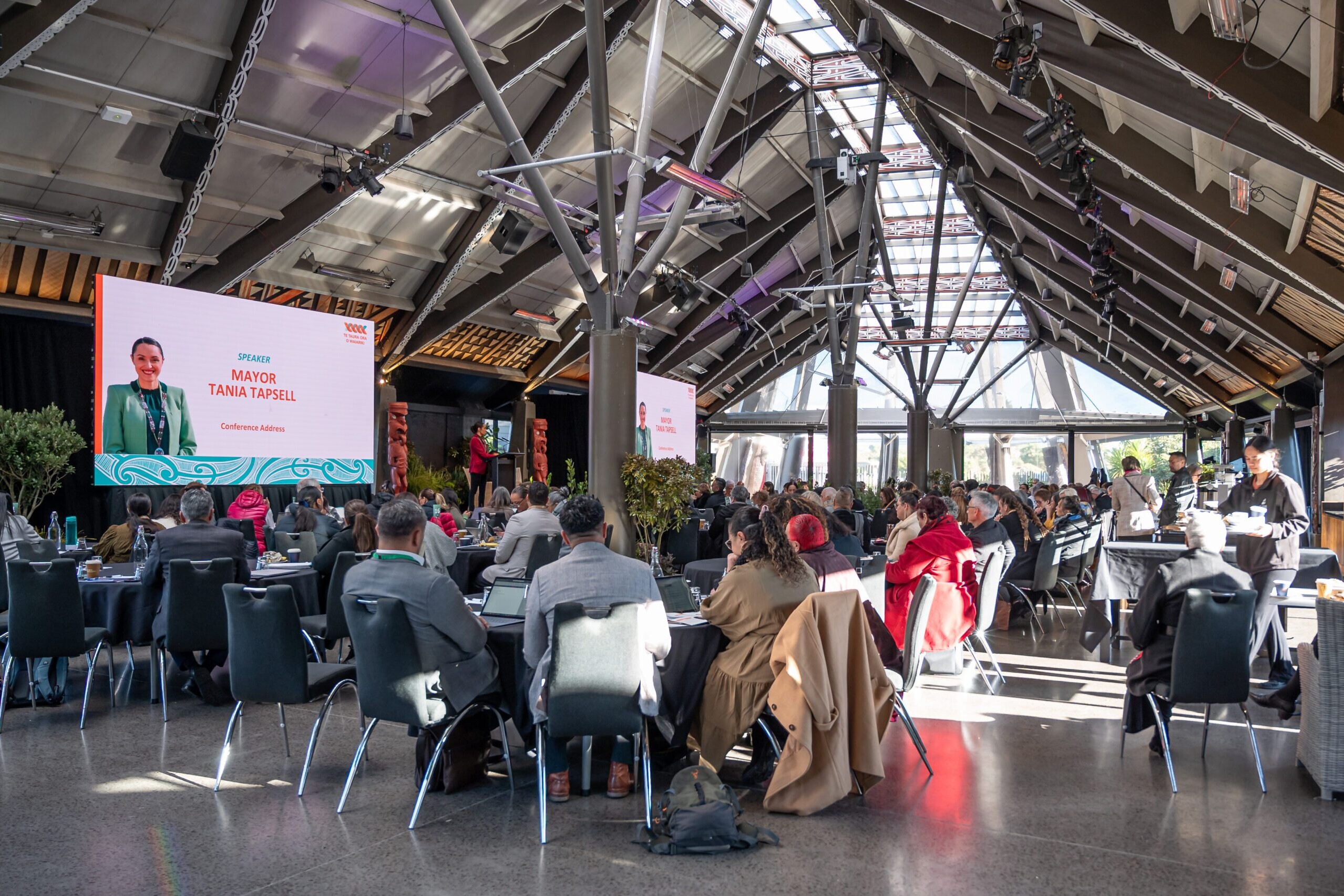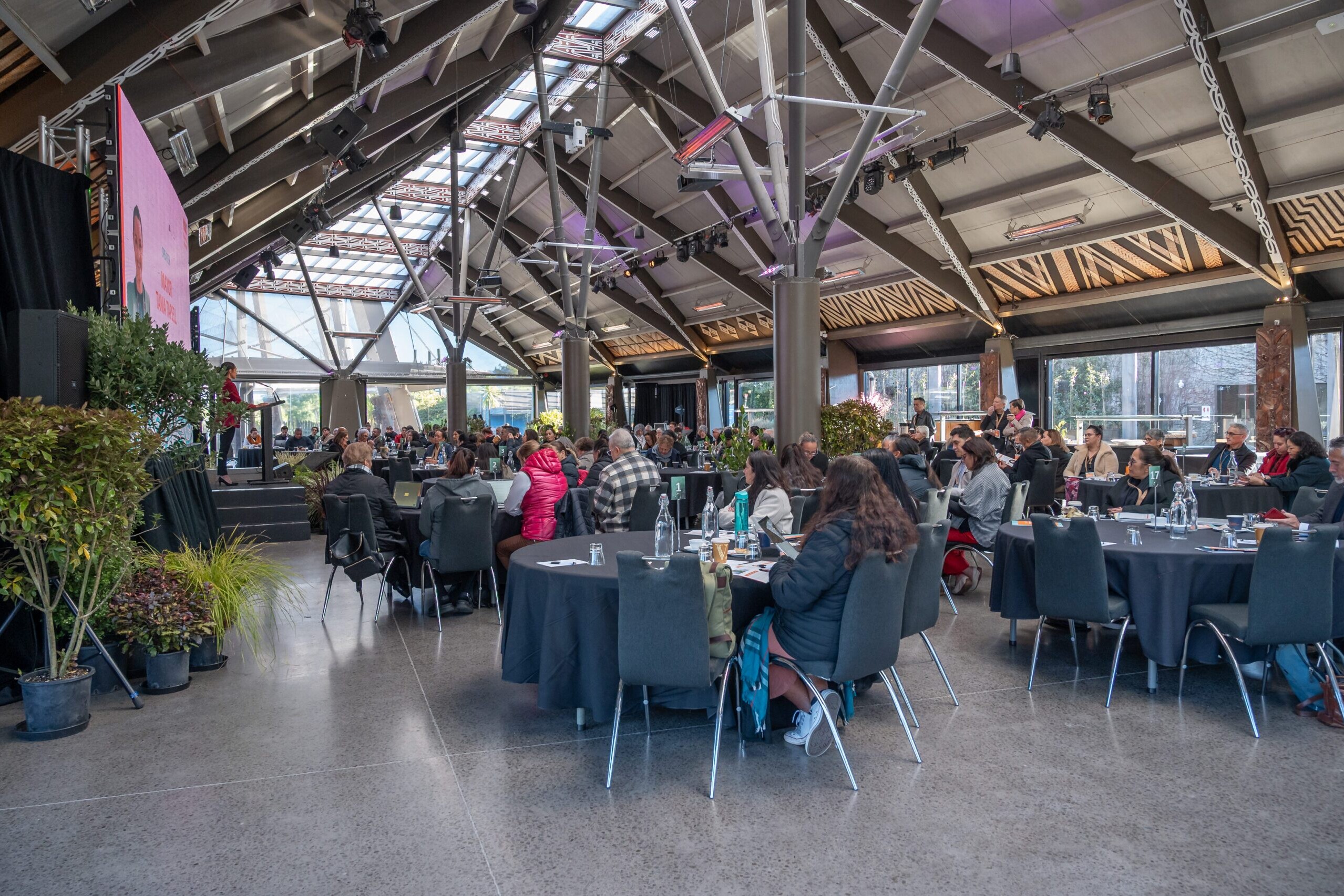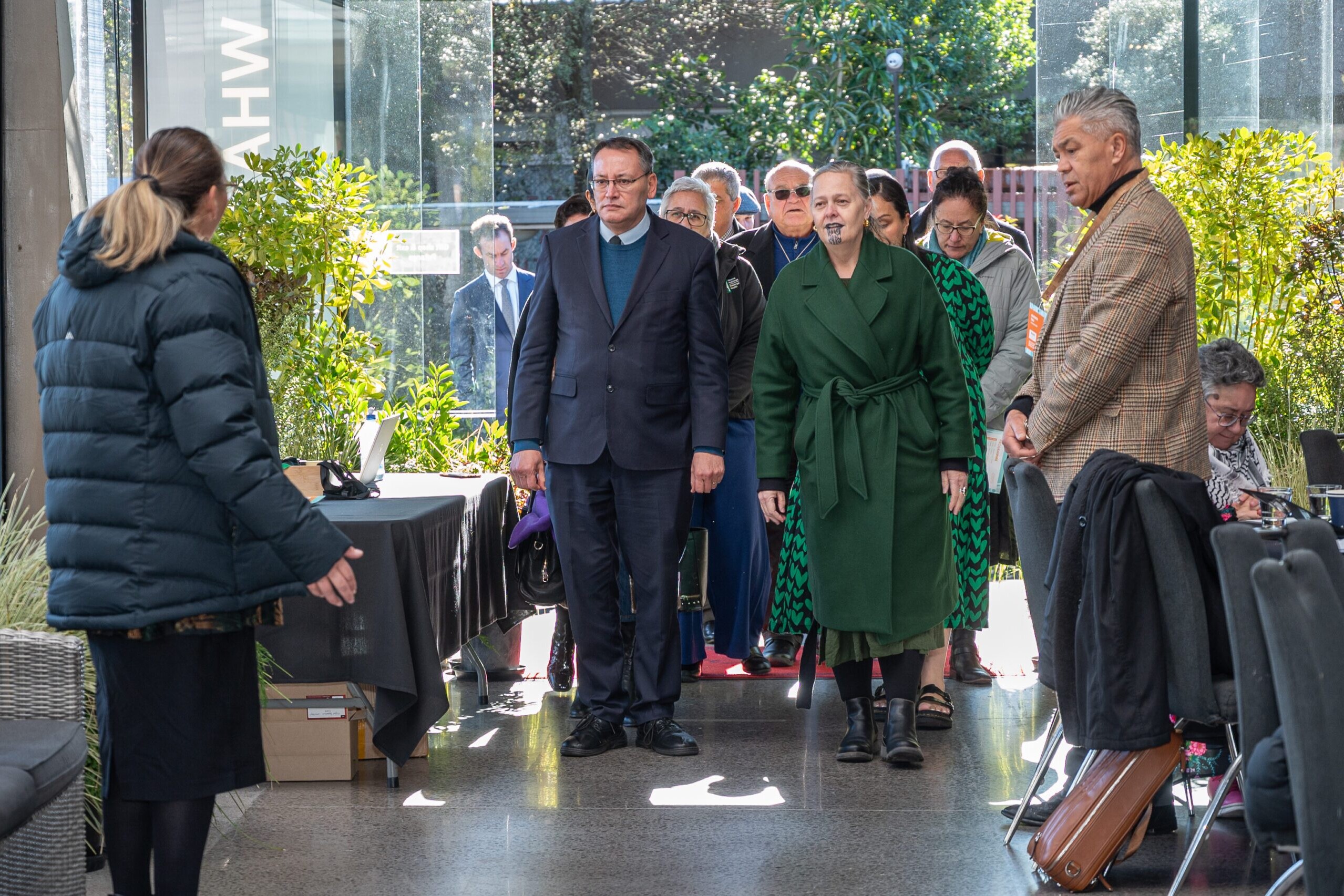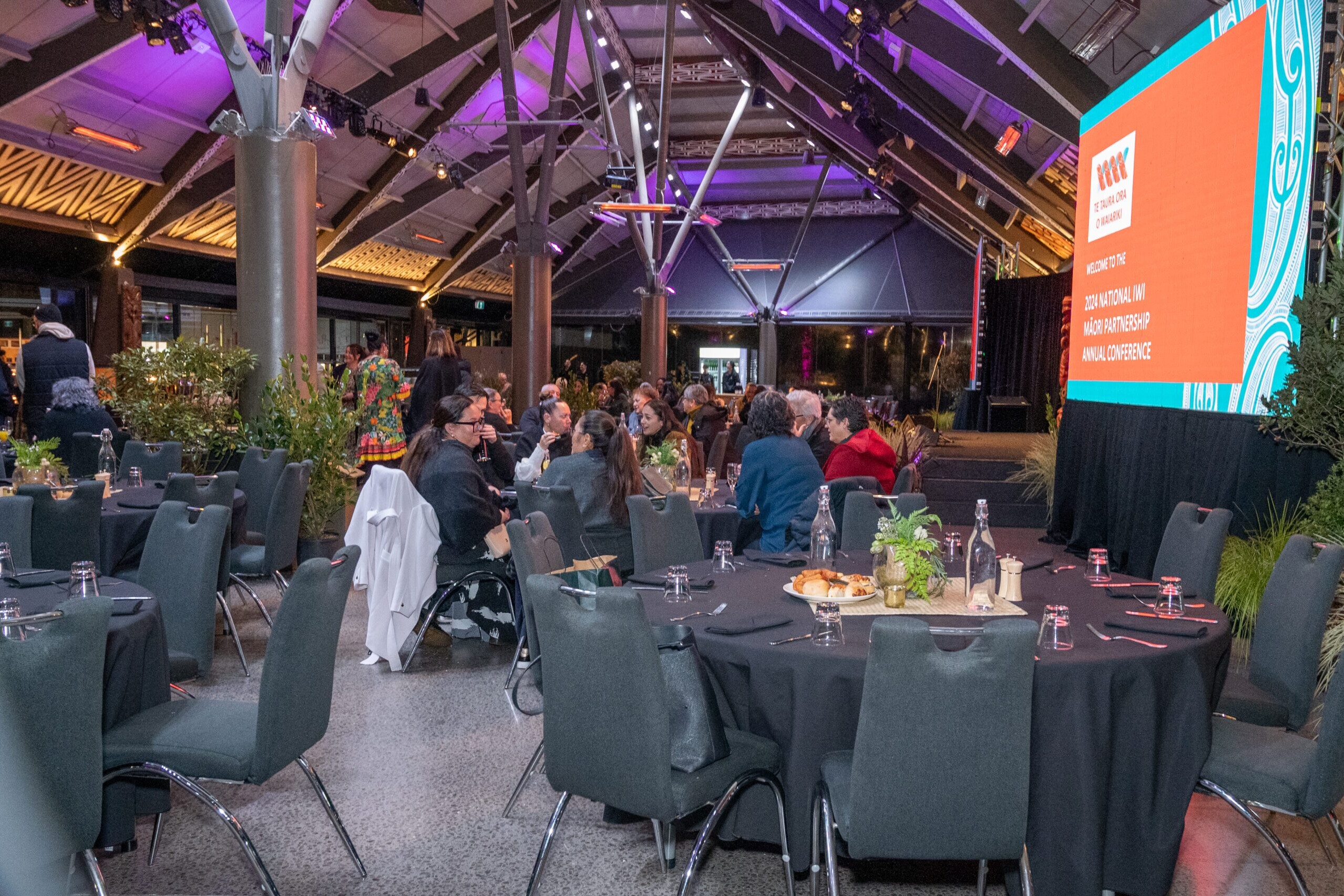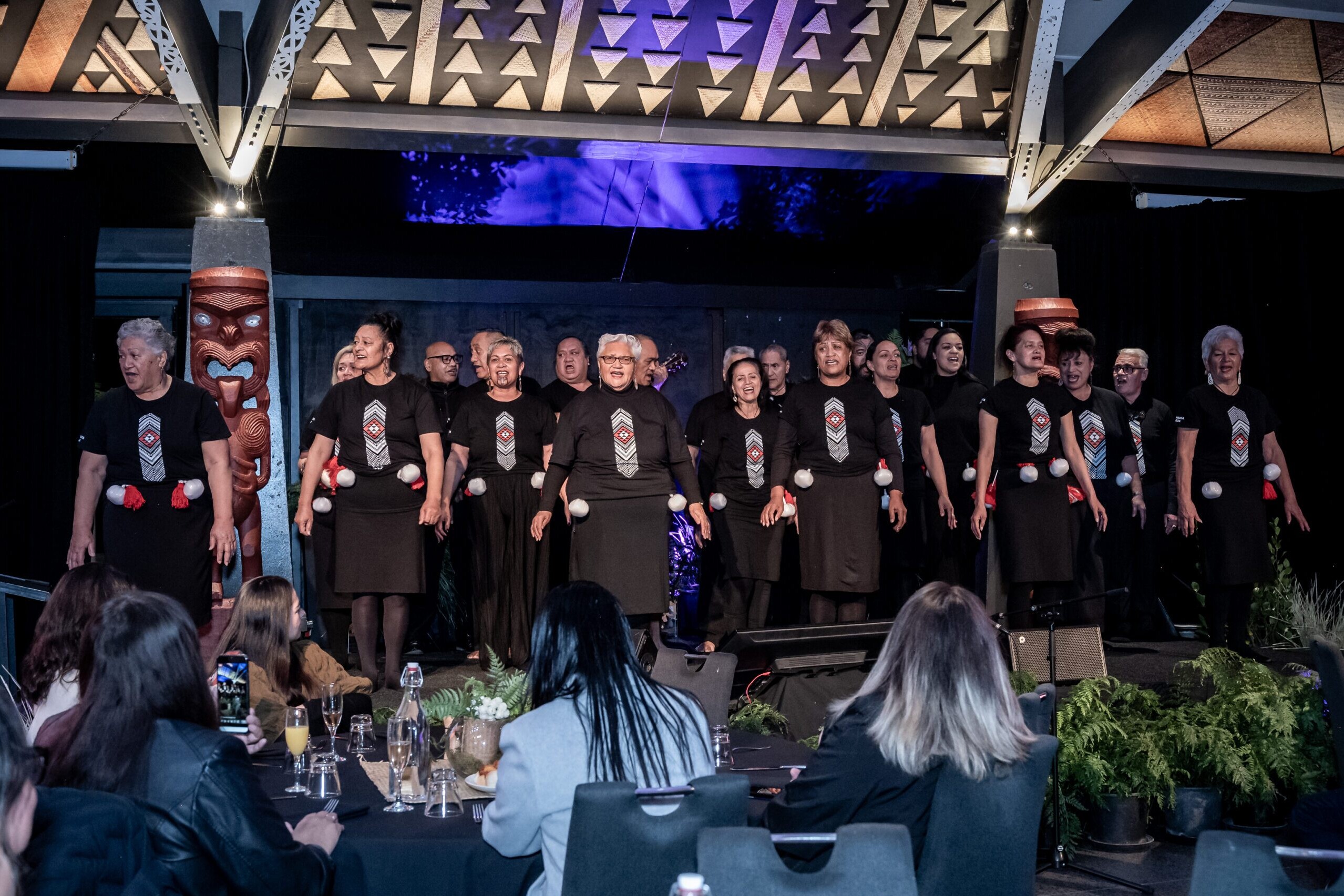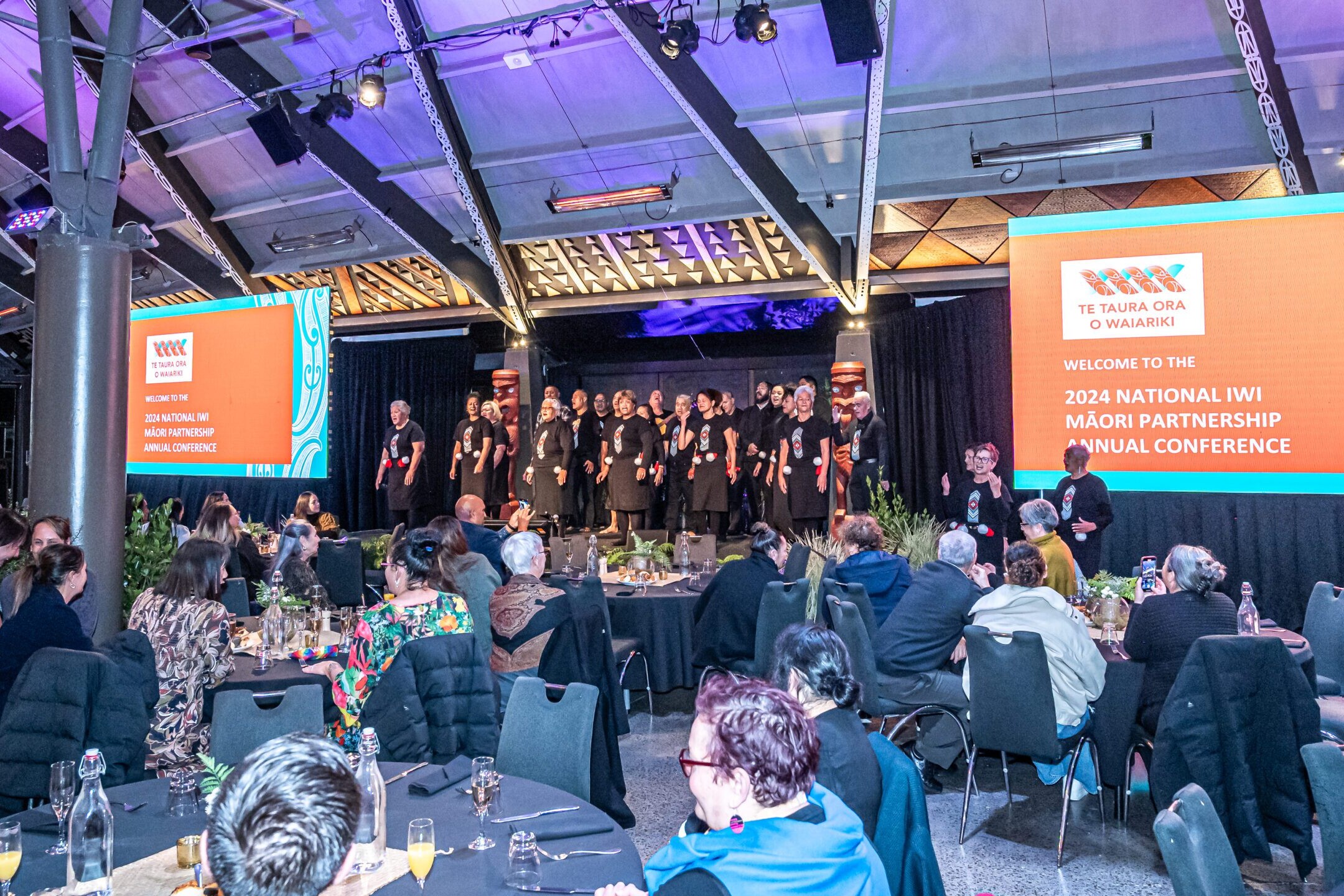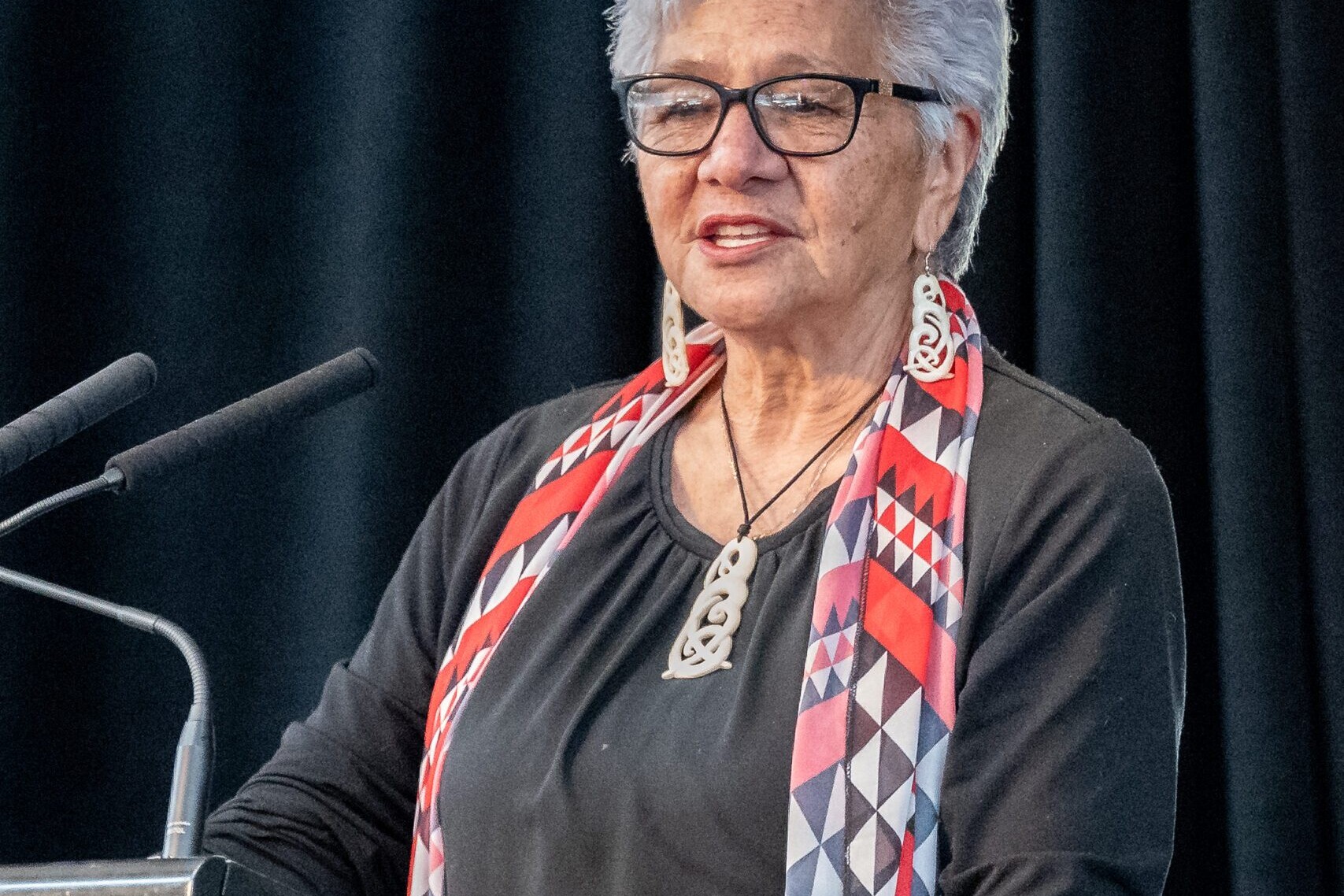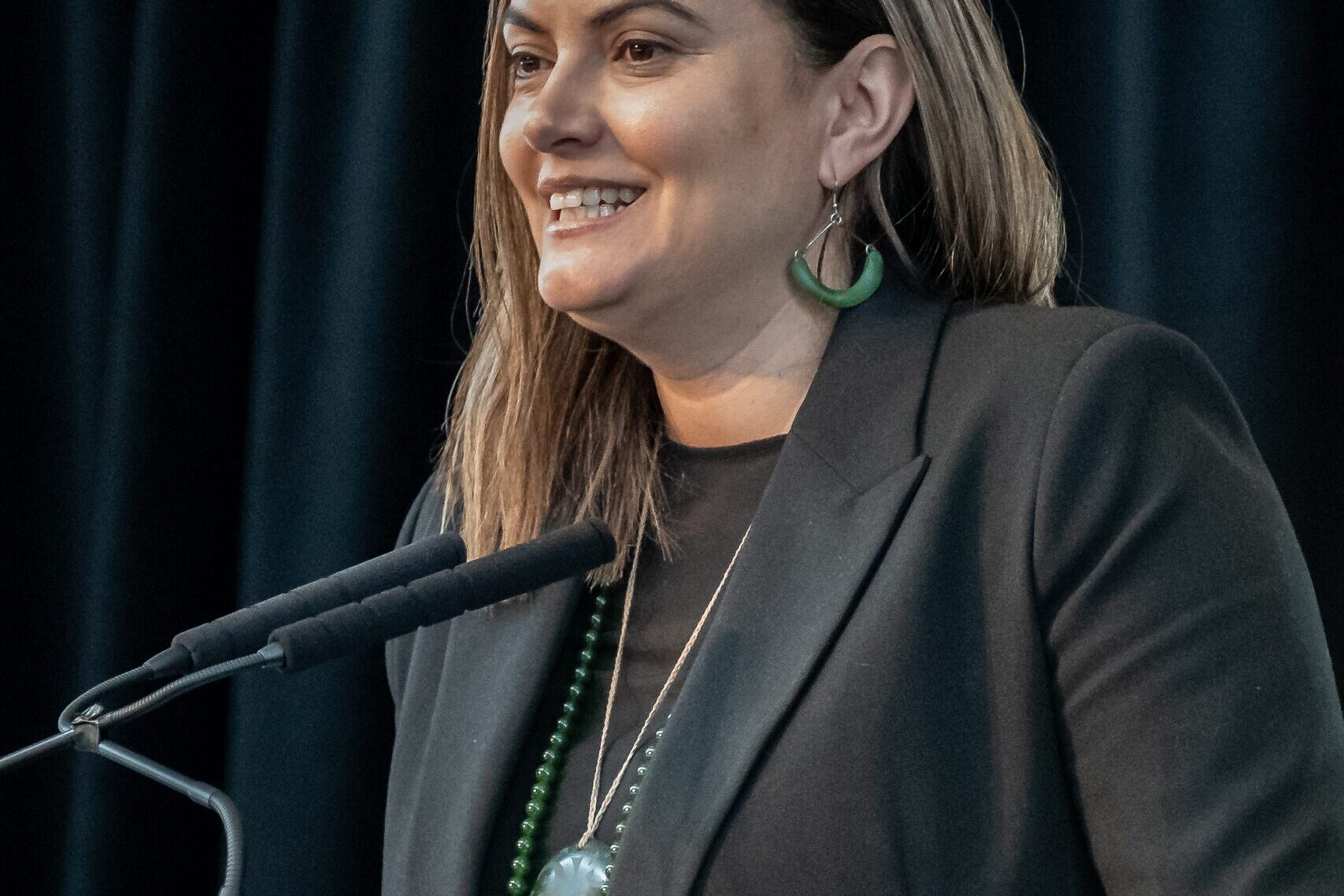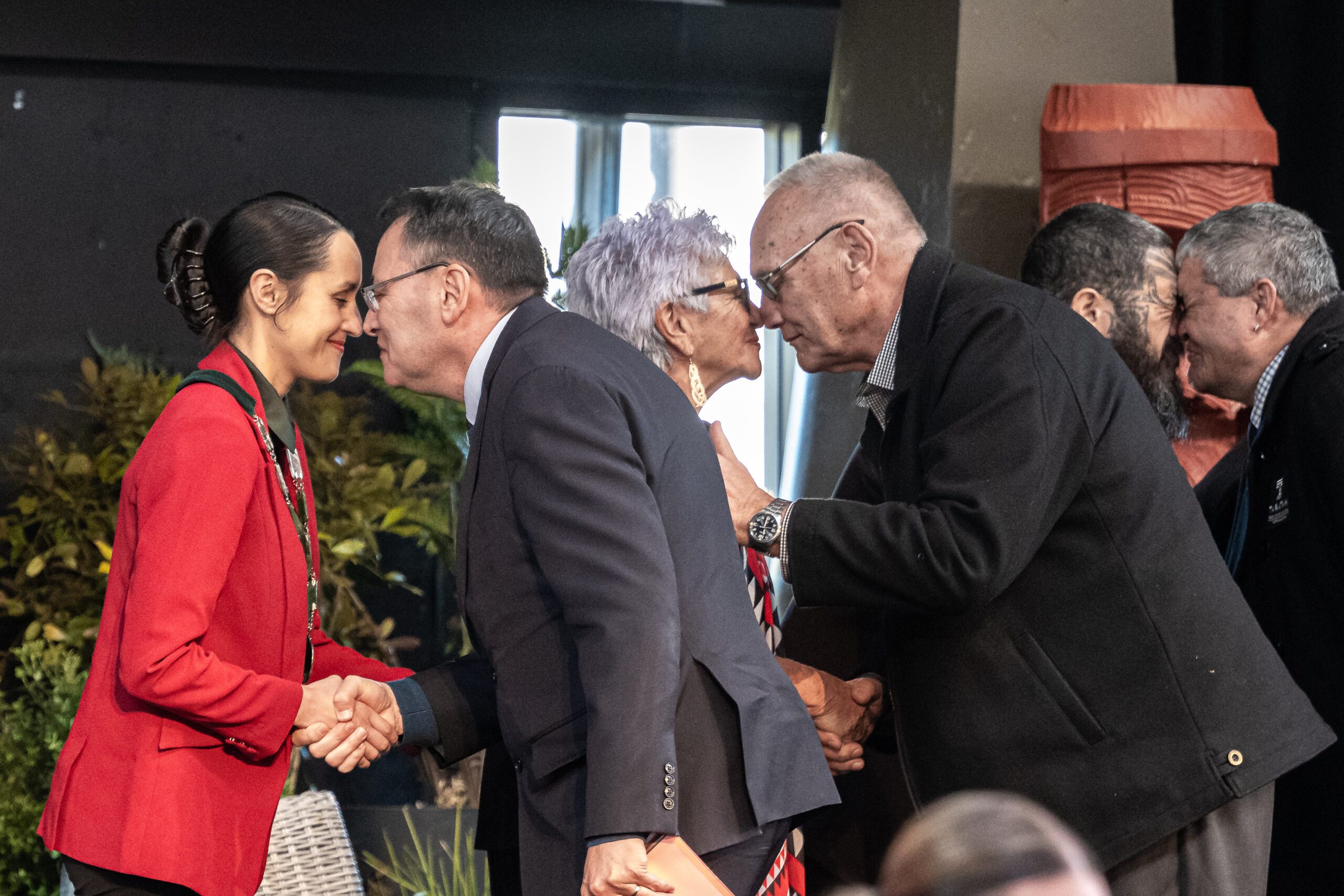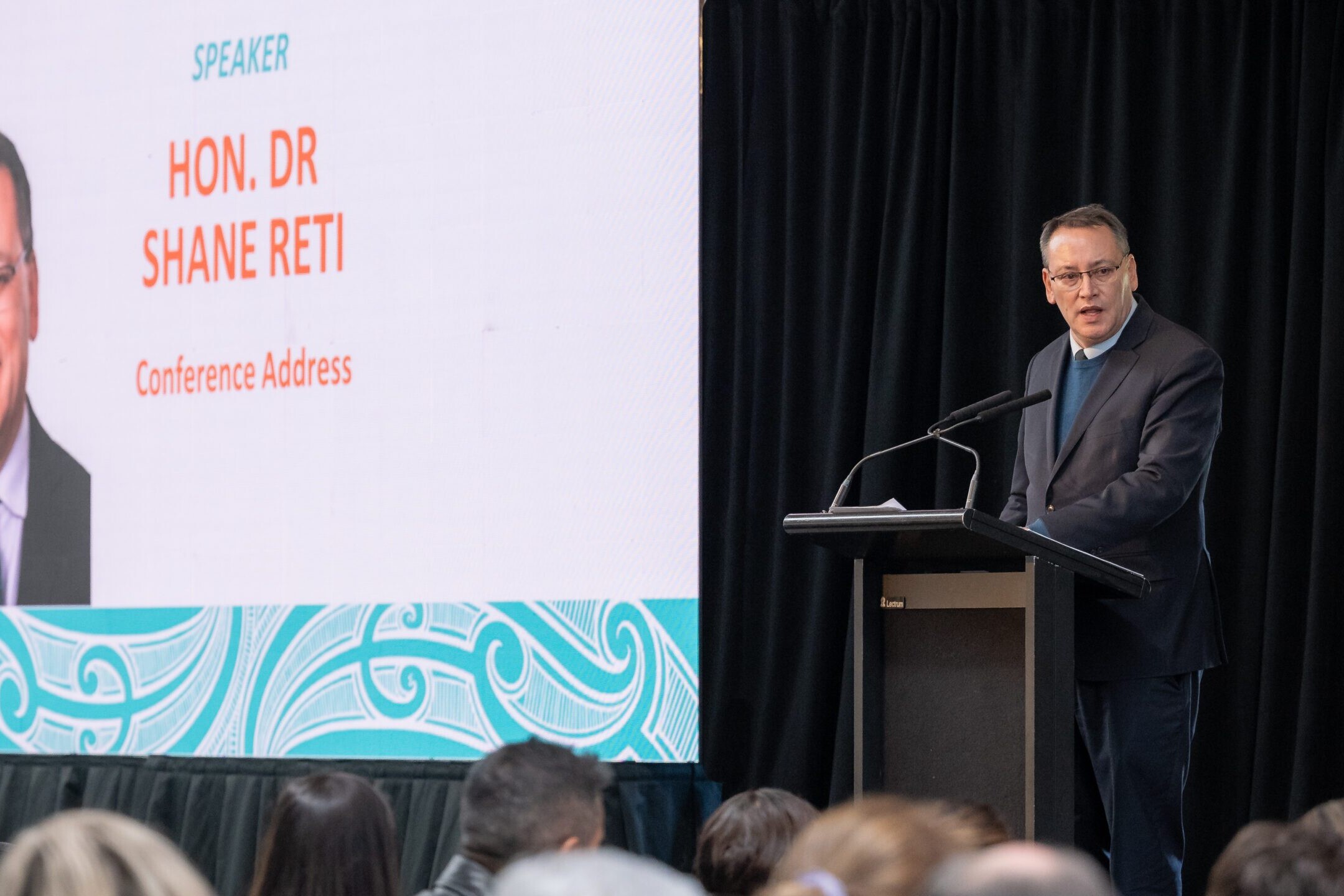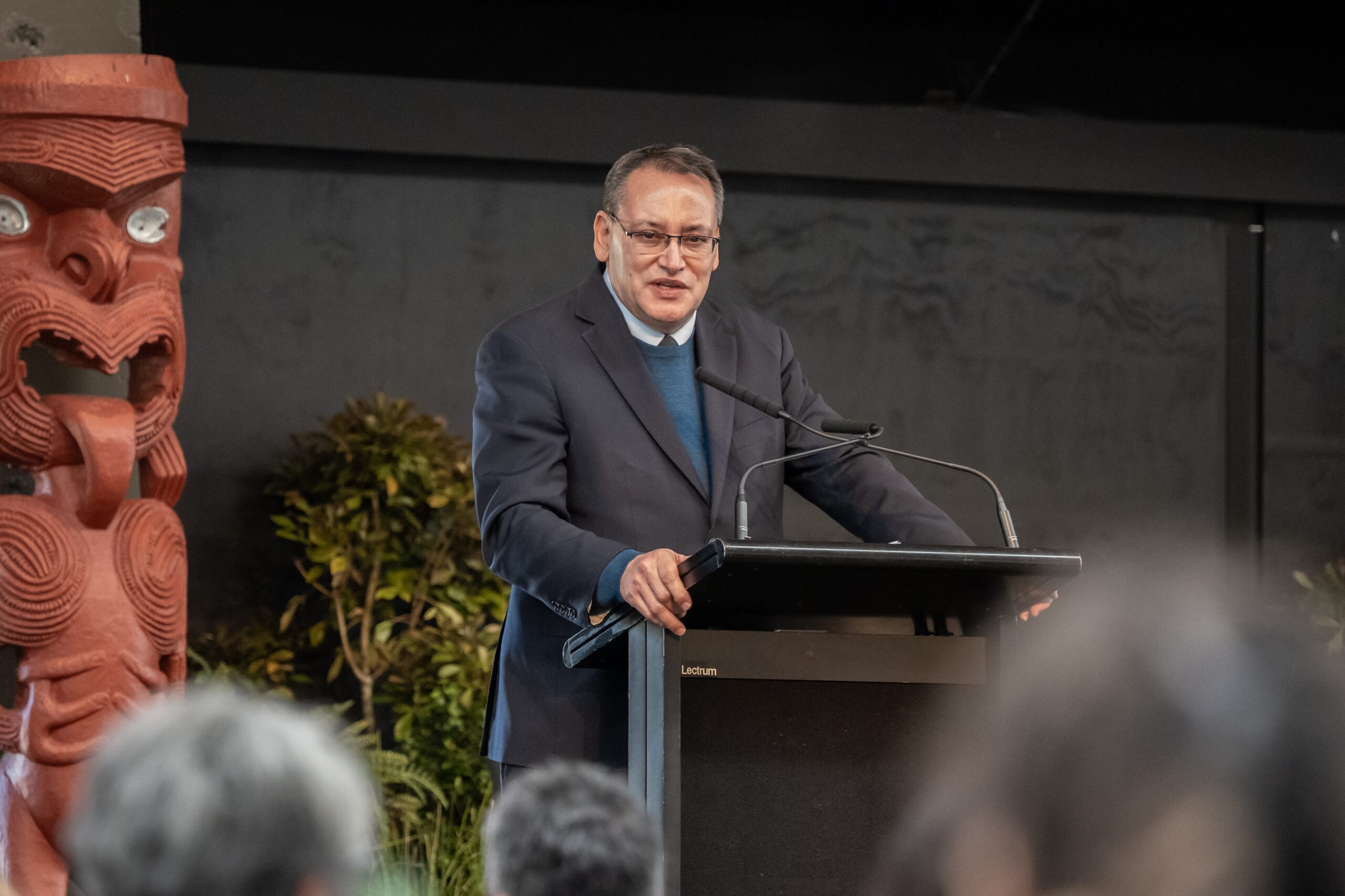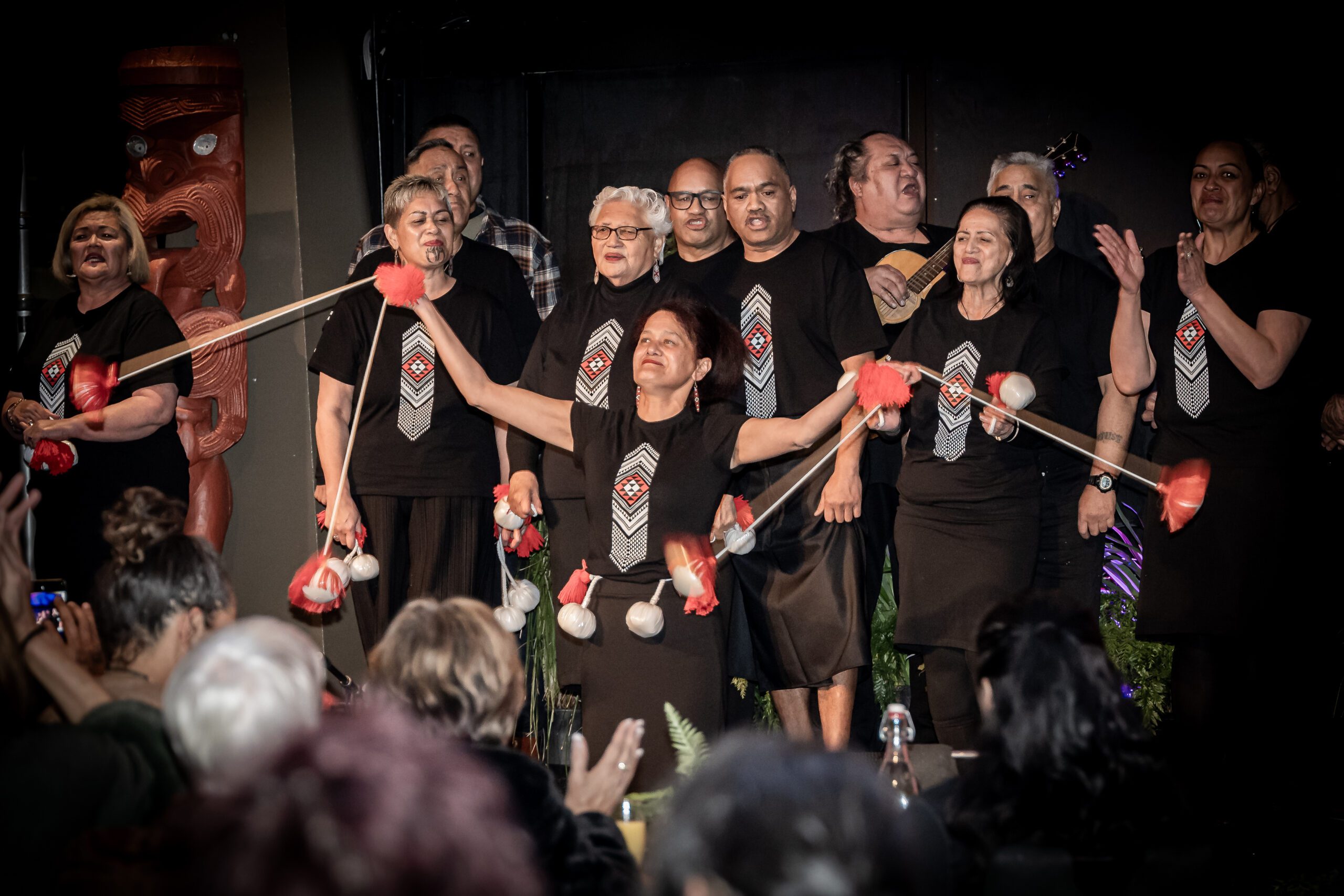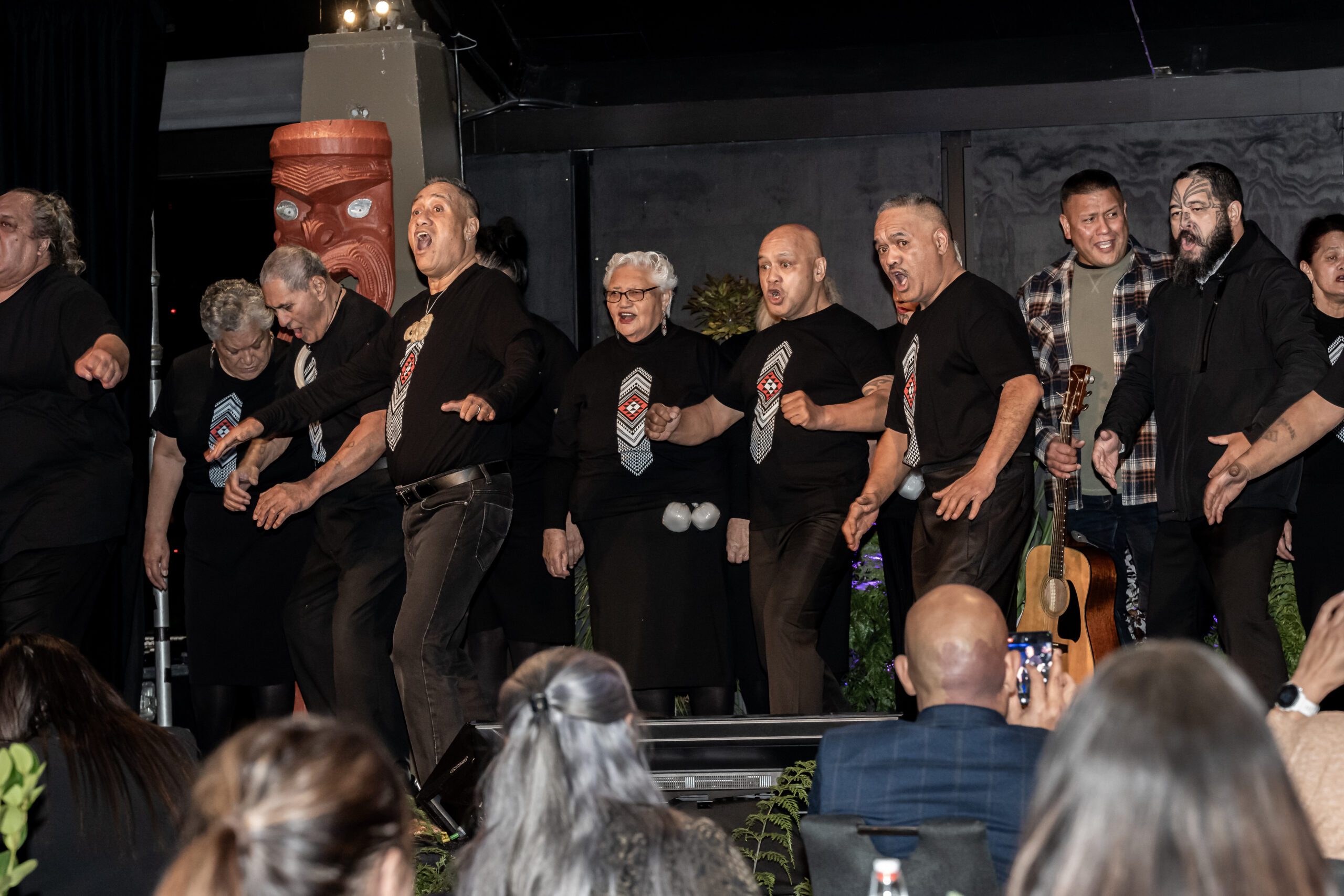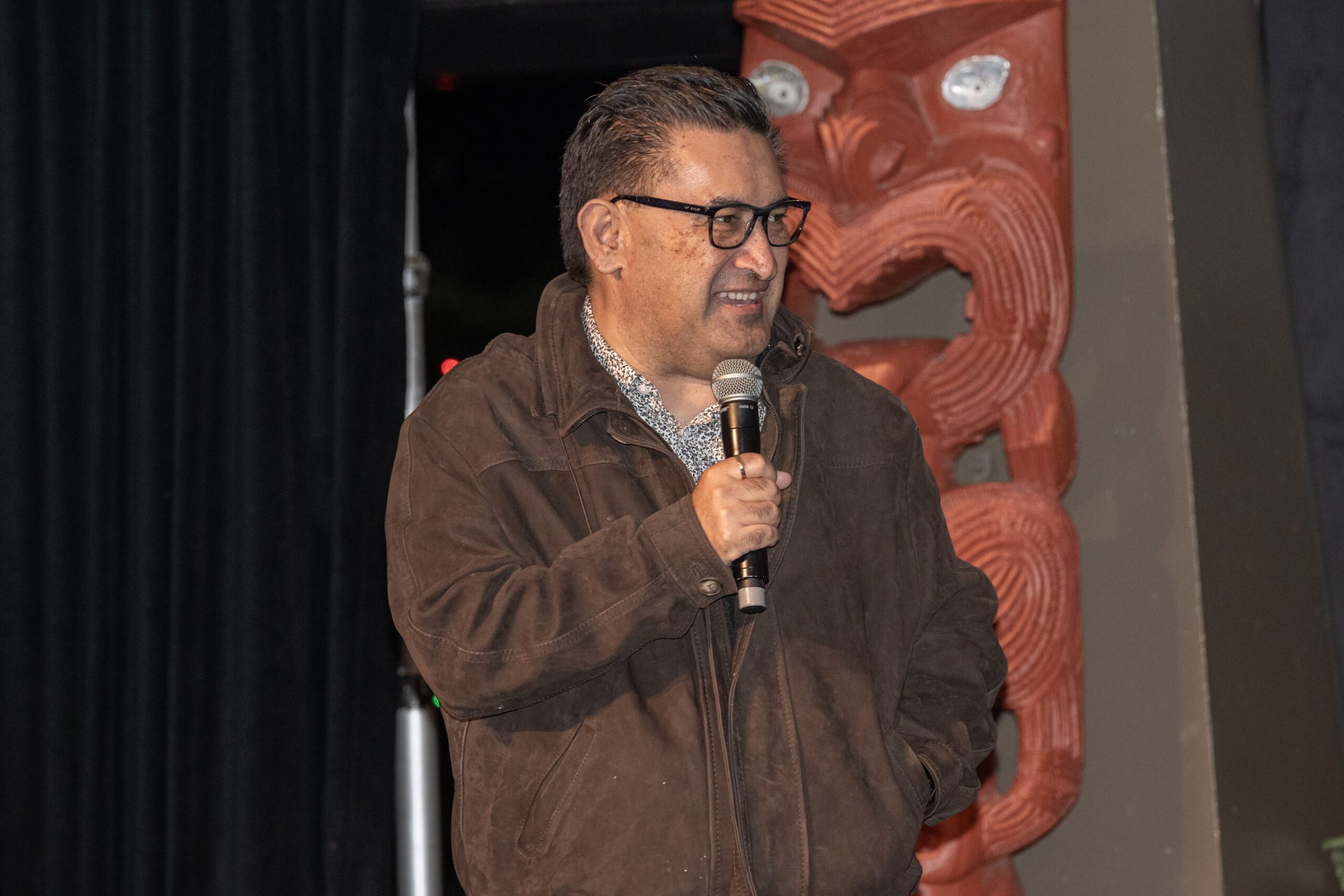15 Iwi Māori Partnership Boards sign collective submission on the Healthy Futures (Pae Ora) Amendment Bill
History has been made. All 15 Iwi Māori Partnership Boards (IMPBs) across Aotearoa spanning from Te Tai Tokerau down to Te Waipounamu, have worked together to review, provide feedback, and endorse a united submission on the Healthy Futures (Pae Ora) Amendment Bill. While IMPB’s have collaborated on many kaupapa before, this milestone cements their combined impact and influence at the national level.
This follows the National IMPB Hui held in Taranaki earlier this month. It was there that momentum was galvanised, and the respective boards committed to continue moving as one voice.
“This is a historic moment,” says Kandi Ngataki, Chair of Ngaa Pou Hauora oo Taamaki Makaurau.
“Fifteen Boards, representing iwi and whānau from every rohe in the country, are standing as one. It is kotahitanga in action, Te Tiriti-centred, a united voice coupled with a firm commitment to shaping the future for whānau.”
The submission itself makes clear that IMPB’s do not support any changes to the Pae Ora (Healthy Futures) Act 2022 that weaken obligations to Te Tiriti. IMPB boards are particularly concerned about the repeal of sections that remove the statutory obligation of Te Whatu Ora to engage with and be accountable to Iwi, and provisions that undermine Māori authority over matters affecting hauora Māori.
The collective IMPB submission has been officially lodged to the Healthy Futures (Pae Ora) Amendment Bill Committee.
He waka eke noa.
For media enquiries, please contact:
Simon Royal (Te Whānau A Haunui)
021 400 548
Proposed Pae Ora Bill Sparks Concern as Local Iwi Māori Partnership Board Warns of Silenced Māori Voices
Te Taura Ora o Waiariki, the Iwi Māori Partnership Board (IMPB) has just returned from a landmark national hui in New Plymouth, where 15 Iwi Māori Partnership Boards united to oppose government plans that threaten to silence Māori voices and weaken decades of hard-won health partnerships guaranteed under Te Tiriti o Waitangi.
“What we’ve learned is the public health system is actually not doing really well for our people, and we have known this for many years,” said Te Taura Ora Chair, Hingatu Thompson.
The first monitoring report released by Te Taura Ora o Waiariki IMPB revealed critical gaps in prevention and access for Māori in Te Arawa, highlighting low cancer screening rates and the country’s lowest child immunisation coverage, underscoring the urgent need for greater investment in Māori-led health solutions.
“What was encouraging with the original Pae Ora Act was that mana returned to Te Arawa to take control, to analyse data ourselves with our Whānau Voice surveying that gathers our own information from whānau our rohe to influence priorities.”
“However, now the government’s proposed changes in the Pae Ora Bill threaten to remove iwi’s meaningful participation and advice on the future of hauora for our people.”
Thompson said Te Arawa has maintained strong hauora partnerships across successive governments and will continue to do so. However, the proposed legislation risks sidelining iwi voices by channelling feedback primarily through the Minister-appointed Hauora Māori Advisory Committee (HMAC) which lacks representation from Waiariki, instead of empowering locally appointed Iwi Māori Partnership Boards to engage directly at regional and community levels, where real, meaningful change occurs.
“As Iwi Māori Partnership Boards, we have unique regional and local priorities and accountability to our whānau at home. We must work directly with Te Whatu Ora Health New Zealand at these levels to influence how services are delivered, who delivers them, and ultimately to achieve better outcomes for Māori in our rohe. The government’s talk of ‘streamlining’ feels like a convenient way to reduce Māori engagement,” Thompson said.
Te Taura Ora o Waiariki IMPB strongly supports:
- Retaining and clarifying the accountability of HMAC to iwi Māori through IMPBs.
- Strengthening IMPB roles to provide regional and local advice to Te Whatu Ora Health New Zealand.
- Developing new health strategies with specific actions to improve Māori health outcomes.
- Opposing any amendments to the Pae Ora Act that weaken or replace the principles of Te Tiriti o Waitangi.
“The government’s own analysis shows these changes will have minimal positive impact on Māori health outcomes, yet they risk diminishing Māori involvement. We firmly believe that continuing and enhancing the current partnership model will lead to genuine improvements and reduced inequities.”
“While that national hui is only the beginning of a national conversation, common themes are emerging, iwi and IMPBs do not support these proposed changes and question their necessity.”
“We are committed to working together nationally to form a single, strong voice, but improving life expectancy, child immunisation rates, accessibility to health delivery services locally and regionally is where we need to make the ultimate progress.”
Each IMPB, including Te Taura Ora o Waiariki, will submit their own detailed submission to the Health Committee on the proposed legislation by 18 August. Thompson intends to present in person to the select committee on behalf of whānau in Waiariki.
Media Liaison: Sarah Sparks
Email: Sarah.sparks@sparksconsulting.co.nz
Mobile: 021318813
See the photo gallery below for a snapshot of the conference.
Te Taura Ora Defends Māori Voice in Health Reforms
Te Taura Ora o Waiariki joined all 15 Iwi Māori Partnership Boards (IMPBs) this week at a historic hui hosted by Te Punanga Ora in New Plymouth, Taranaki. The gathering brought together representatives of around 914,400 Māori across Aotearoa to respond to proposed reforms under the Pae Ora (Healthy Futures) Act, which would significantly reduce the statutory role of IMPBs in the health system.
The proposed changes would remove the boards’ monitoring powers, a critical function that ensures health services are accountable to Māori communities and responsive to local needs. Te Taura Ora o Waiariki Chair, Hingatu Thompson, emphasised the importance of iwi-led engagement and local influence.
“The opportunity of the IMPB is to make a difference in hauora, and that will be minimised by the Crown if they stop opportunities to engage. We want to work locally because that is where we can make a difference for our people, for Te Arawa, and for Māori within our rohe,” he said.
Hingatu also warned against how the government is reducing Māori engagement. “Streamlining, I believe, is a convenient word to reduce engagement in Māori. The government says the changes won’t have much impact on Māori outcomes, but the system is only now starting to show results. We’re starting to engage locally, starting to work more with Health NZ leadership, and that is where we can make a real difference.”
Fellow Board member, Lauren James facilitated a panel kōrero, opening with a vision for the future.
“As Māori, we’ve been talking about the devolution of health services for decades. It’s time we got serious and started demanding it now. We don’t just want services delivered to our communities because we can deliver them better ourselves, with better outcomes for our people. Devolution has to be a priority, across public, private, and philanthropic sectors,” she said.
Reflecting on the role of Te Arawa and the wider iwi network, Hingatu said: “As we analyse and monitor what the sector is doing for Māori, it’s clear it hasn’t been performing well, something we’ve known for years. But the mana has returned to Te Arawa, allowing us to form our own views, interpret the data ourselves, and gather our own information.”
He opposed the Pae Ora Bill, saying, “The changes the government is proposing would actually remove iwi from having a say in how hauora is shaped. Locally and regionally, it’s essential that iwi have the space to provide our own input.”
The two-day hui included a pōwhiri, keynote addresses from a representative of the Hauora Iwi Leaders Group from the National Iwi Chairs, workshops, panel discussions, and strategy sessions. The collective affirmed their commitment to upholding tino rangatiratanga as guaranteed under Article Two of Te Tiriti o Waitangi.
Te Taura Ora o Waiariki, alongside fellow IMPBs, remain steadfast in protecting Māori leadership and accountability in the health system, advocating for local voices to be at the centre of decisions that affect Māori whānau and communities.
Media Liaison: Sarah Sparks Email: Sarah.sparks@sparksconsulting.co.nz Mobile: 021318813
National IMPB Conference July 2024
Te Taura Ora o Waiariki (Te Arawa Iwi Maori Partnership Board) hosted the 2024 National Iwi Māori Partnership Board (IMPB) Conference at Te Puia, Rotorua on 4 – 5 July. The event brought together key stakeholders to discuss pressing issues and strengthen partnerships within health and the community.
The conference featured a notable lineup of speakers, including Minister of Health, Dr. Shane Reti, who delivered an insightful address underscoring the Government’s commitment to supporting Iwi Māori Partnership Boards and fostering collaborative efforts for the betterment of Māori.
Also, in attendance was the Mayor of Rotorua, Tania Tapsell, whose remarks highlighted the importance of local governance in working hand-in-hand with Iwi Māori and central Government to achieve common goals. She emphasised the need for ongoing dialogue and partnership to address the challenges faced by Māori.
The event included a rich array of discussions led by various guest speakers, each contributing unique perspectives on topics ranging from health and wellbeing to data and cultural preservation. These contributions sparked lively debates and provided valuable insights into the future direction of Māori health and wellbeing.
Overall, the conference served as a vital platform for stakeholders to share knowledge, build relationships, and plan collaborative strategies to address the needs and aspirations of Māori. This gathering not only reinforced the importance of unity and collaboration but also set the stage for future initiatives that will continue to empower and uplift Māori for generations to come.
See the photo gallery below for a snapshot of the conference.
CONFERENCE GALLERY
National Hui in Tairāwhiti
In February of this year, the IMPBs gathered in Tairāwhiti. We spent day one together as IMPBs discussing the roles we will play in supporting whānau to reach their hauora aspirations. This hui was focussed on how we maintain our individual mana motuhake while collectivising for greater influence and impact across Aotearoa.
